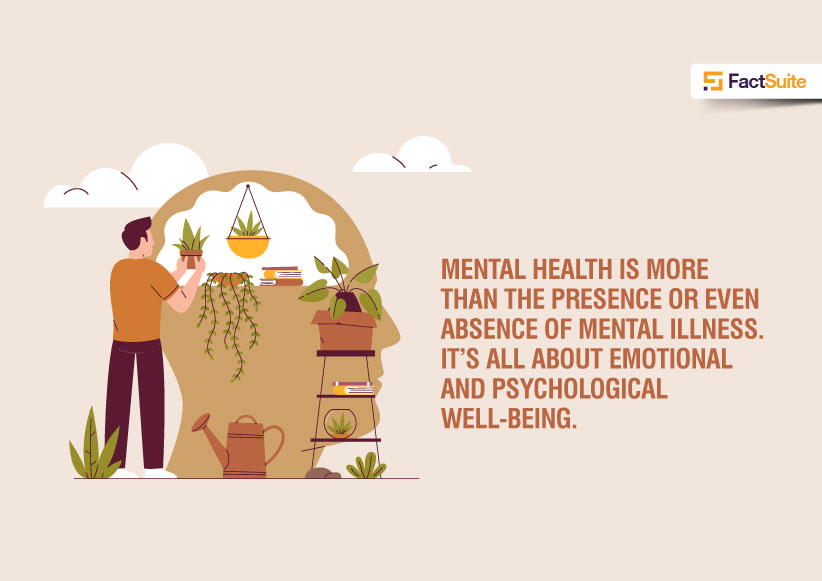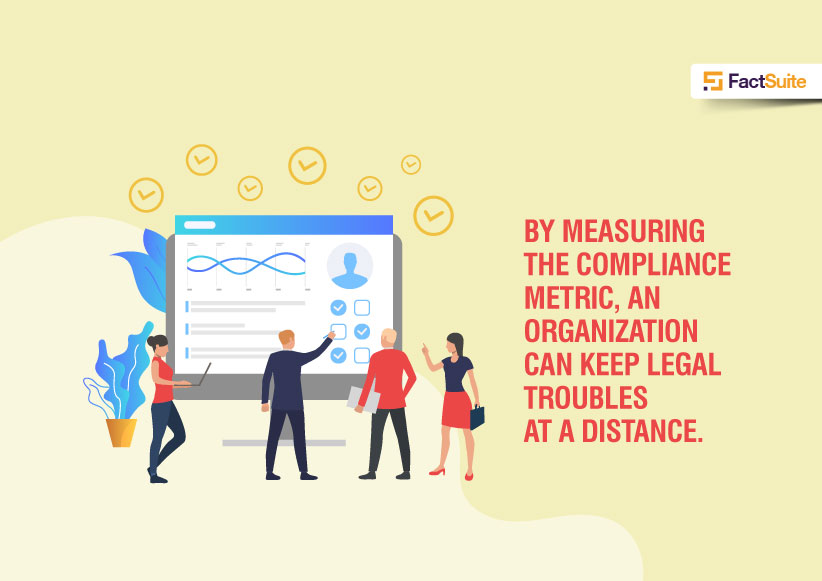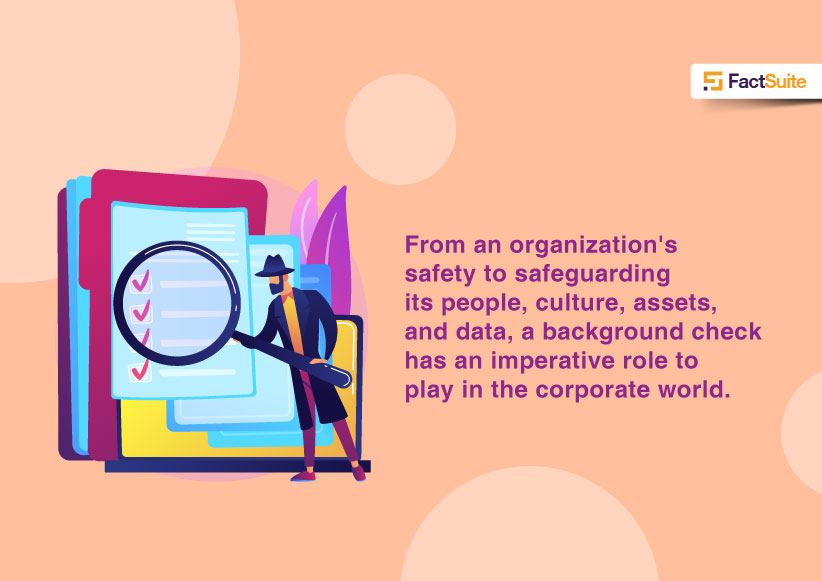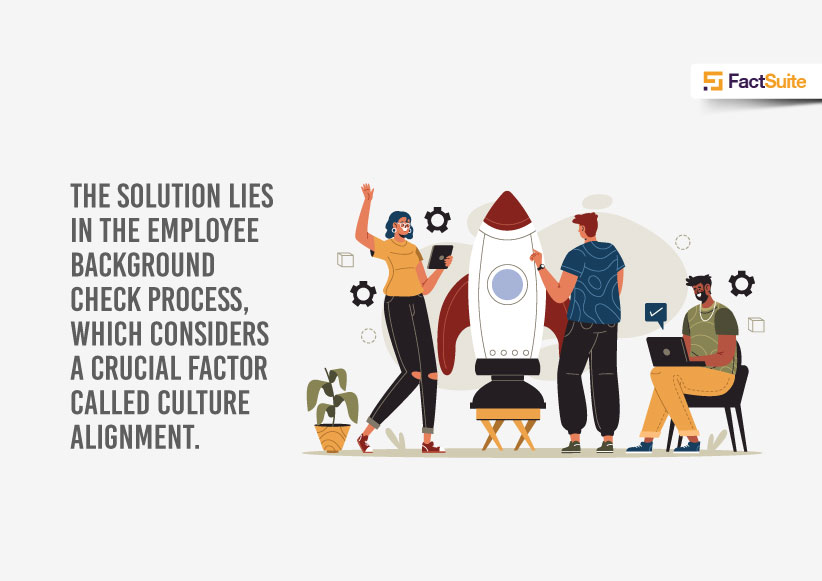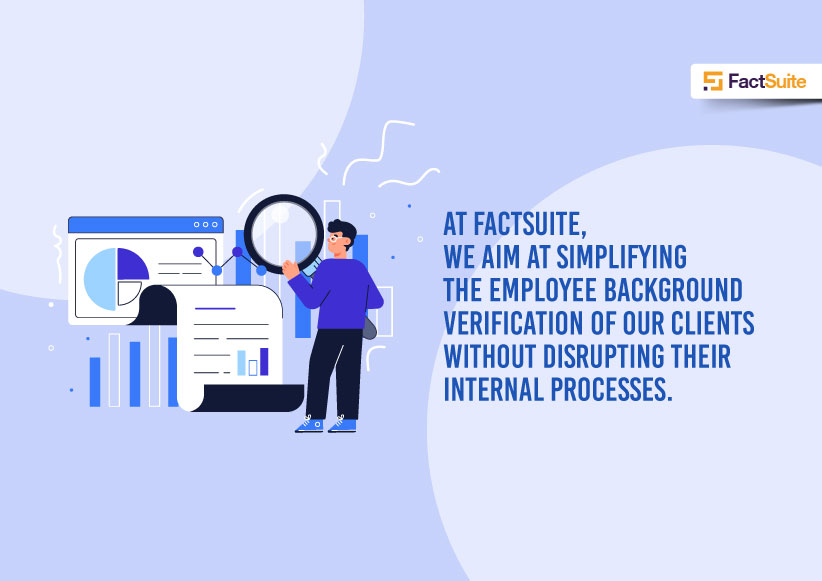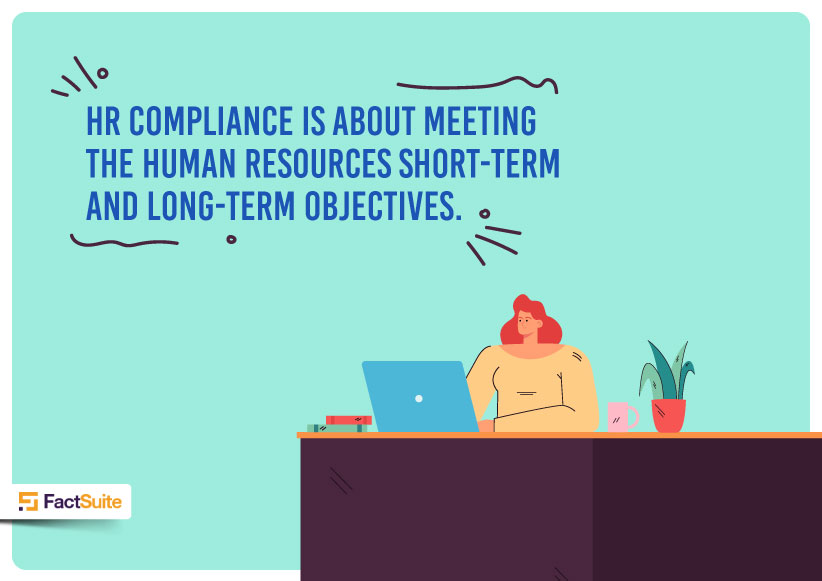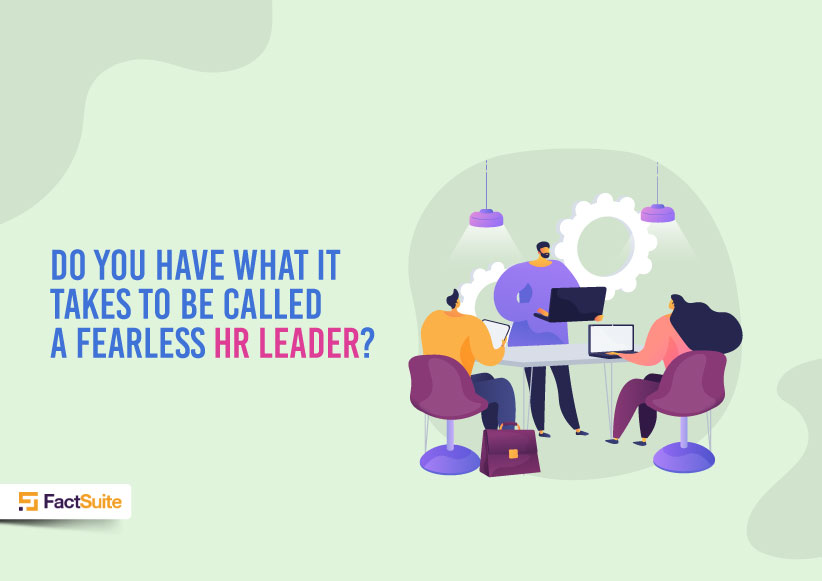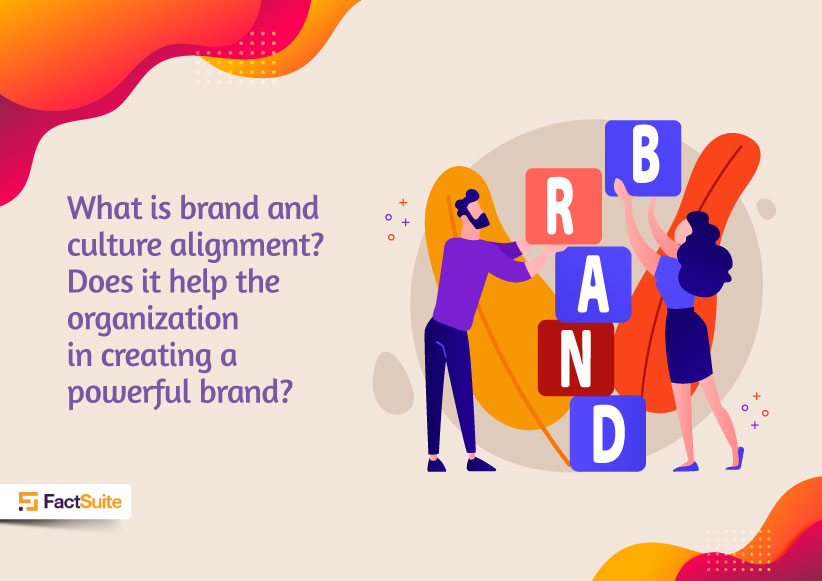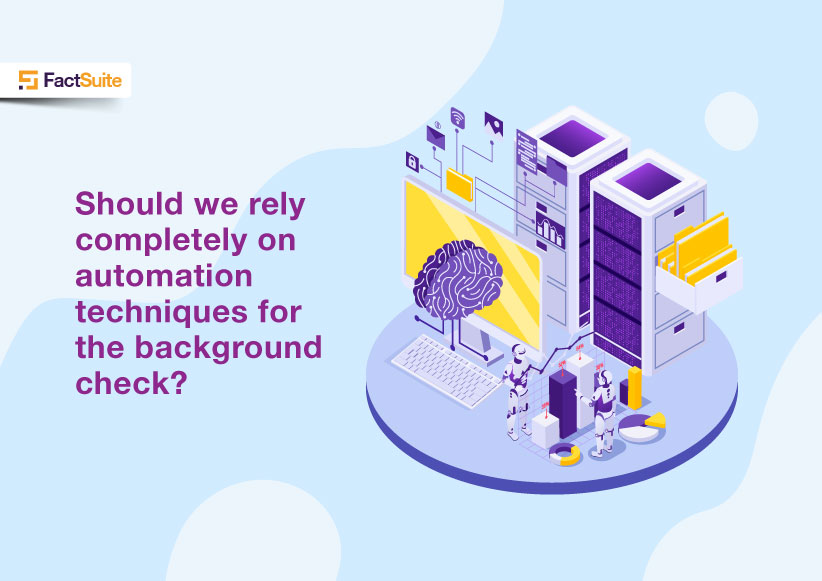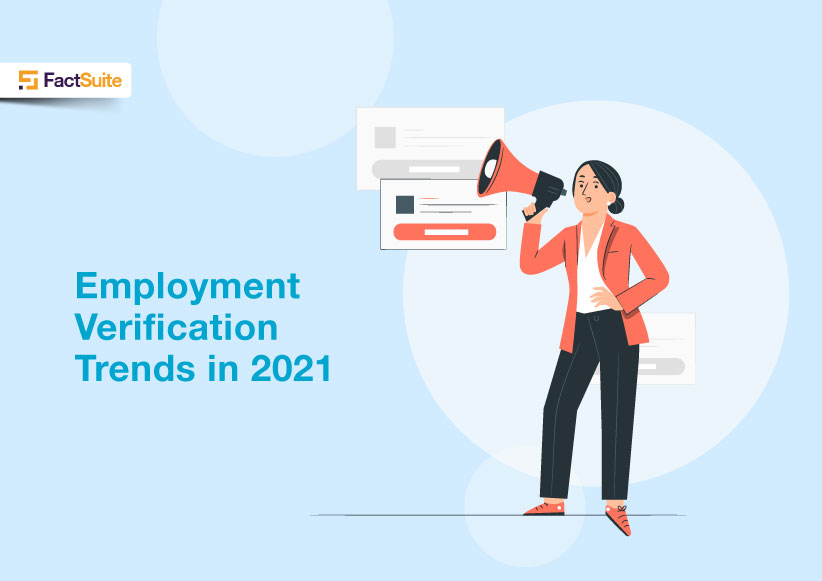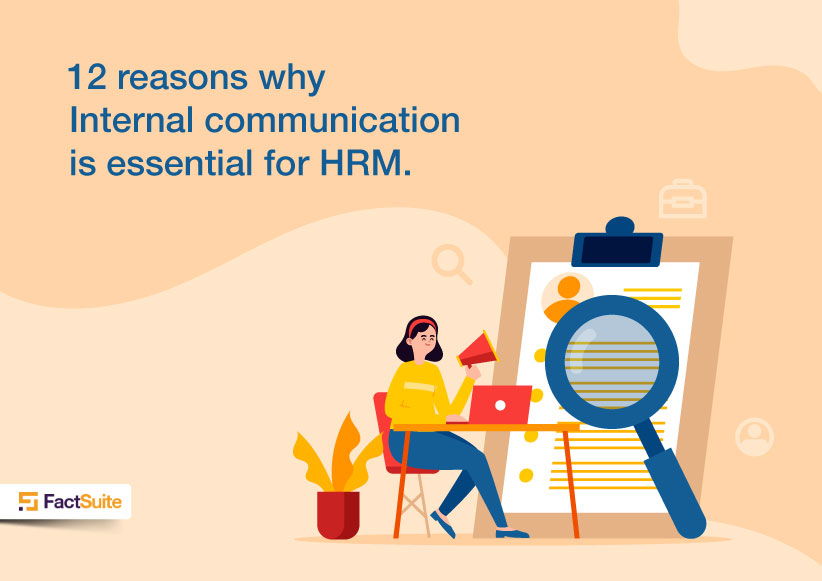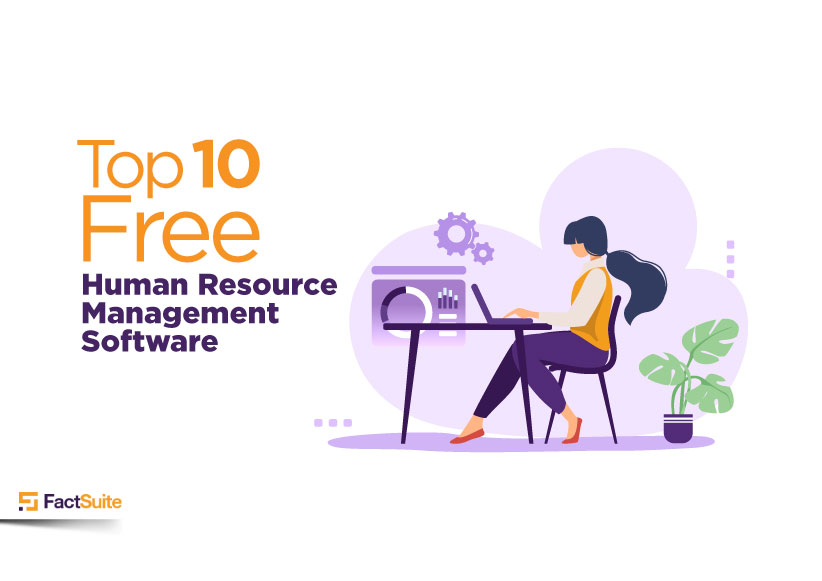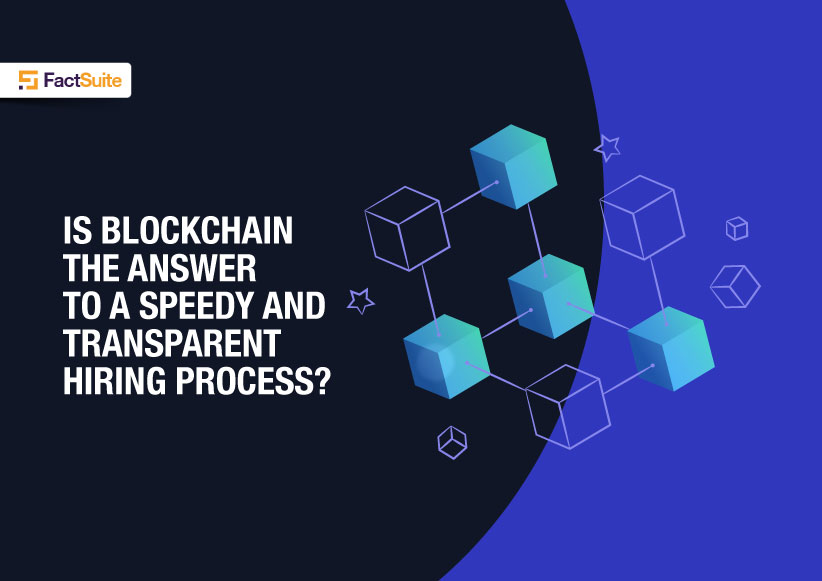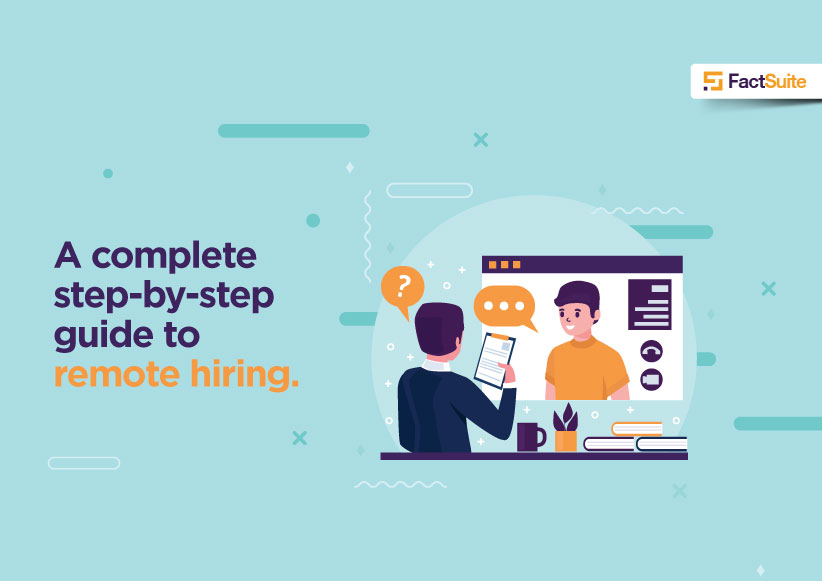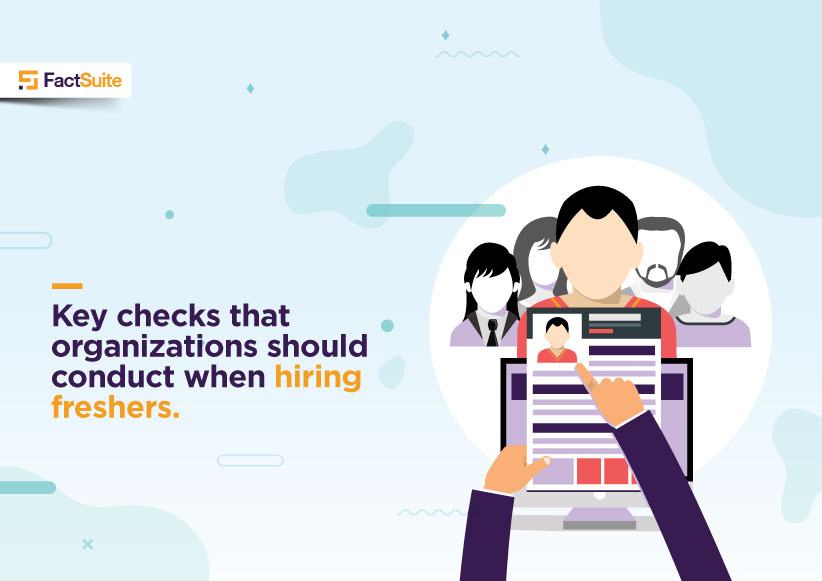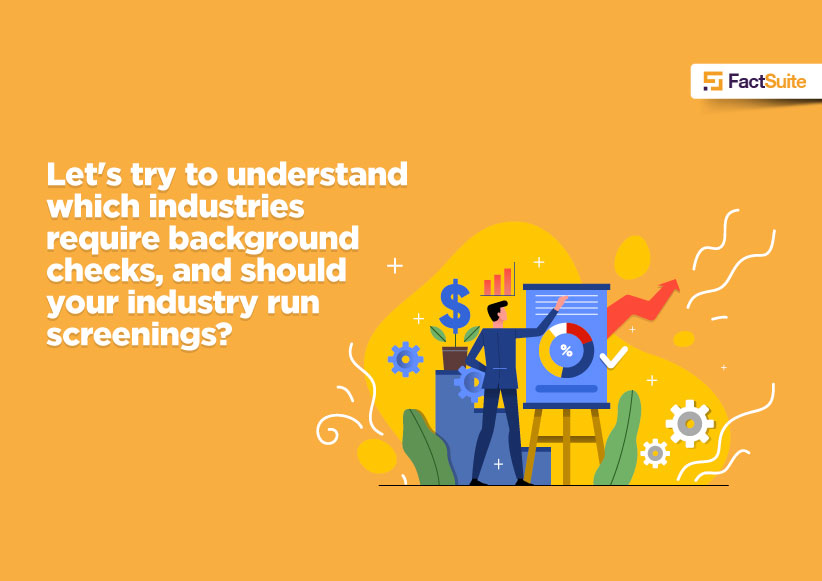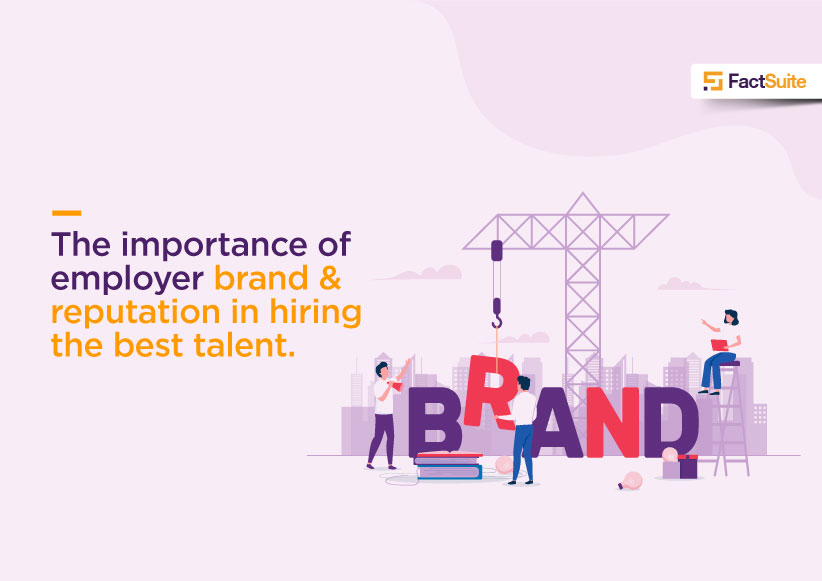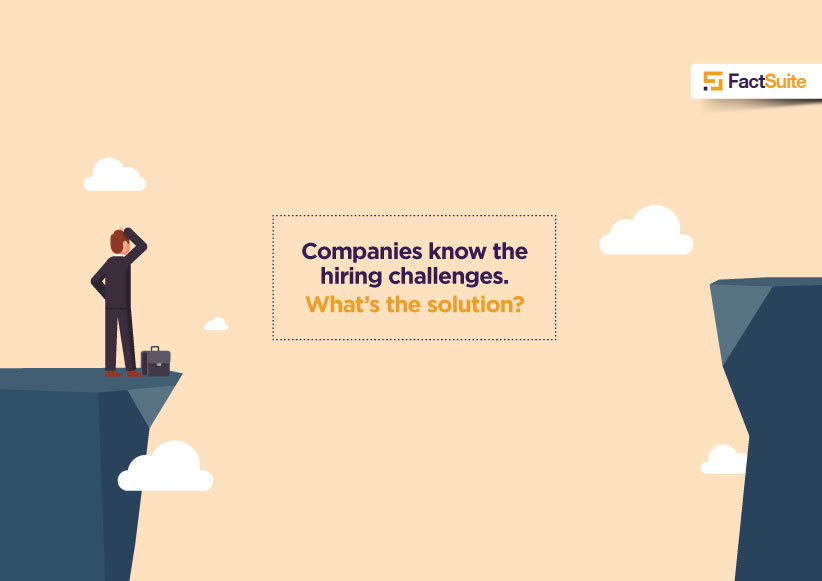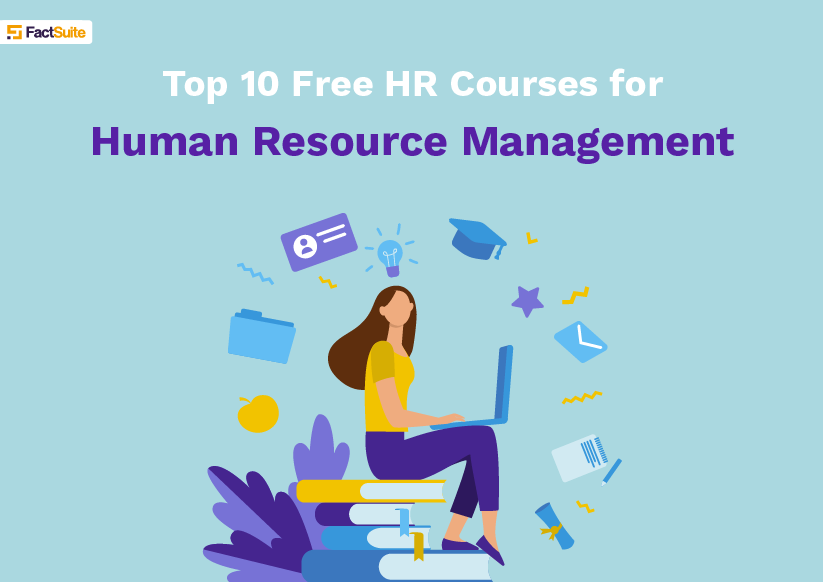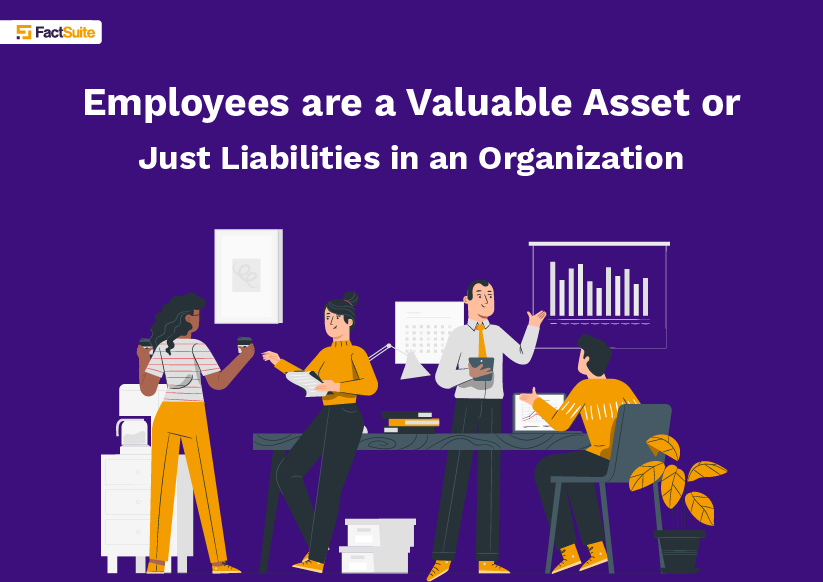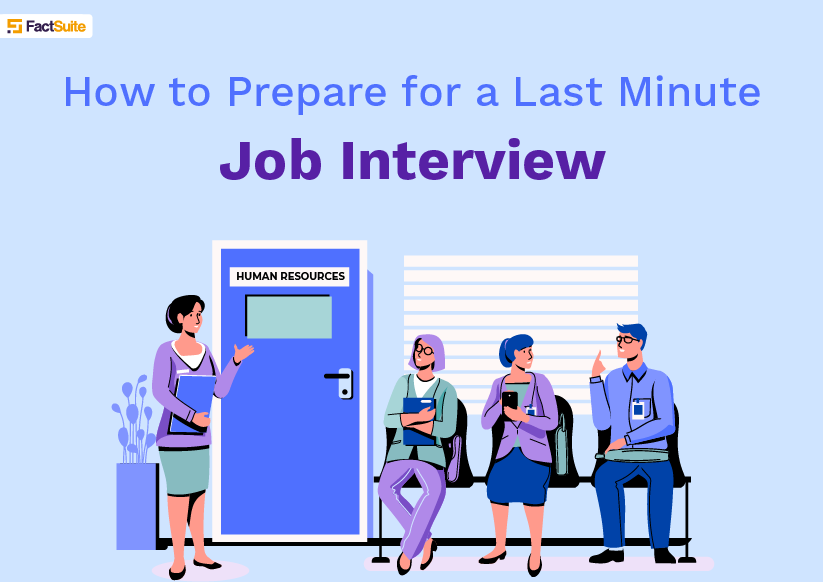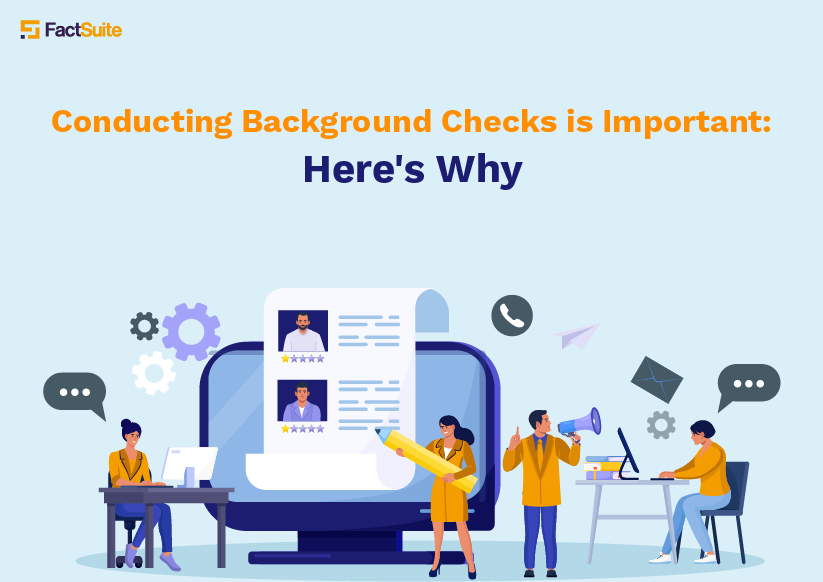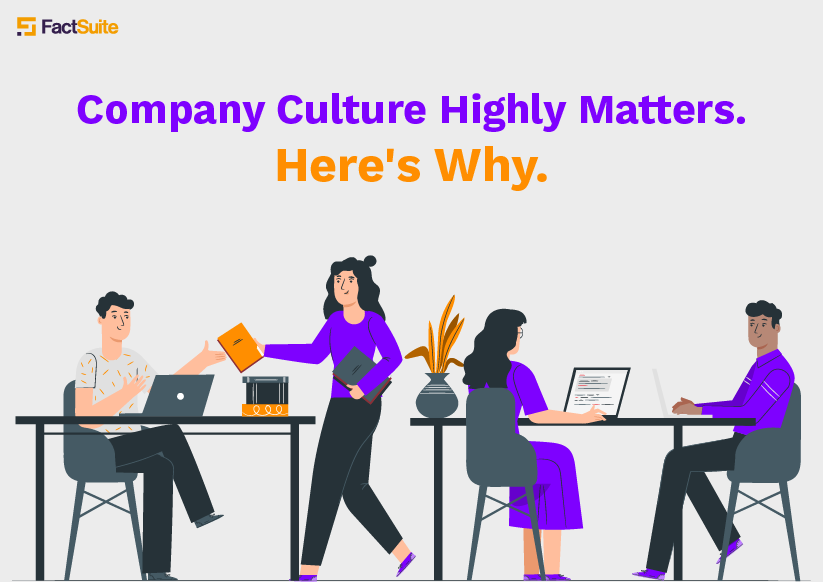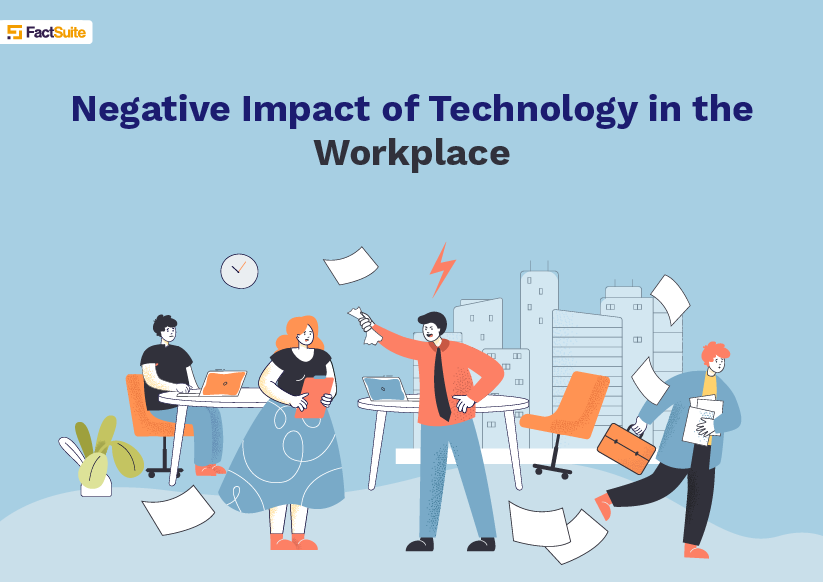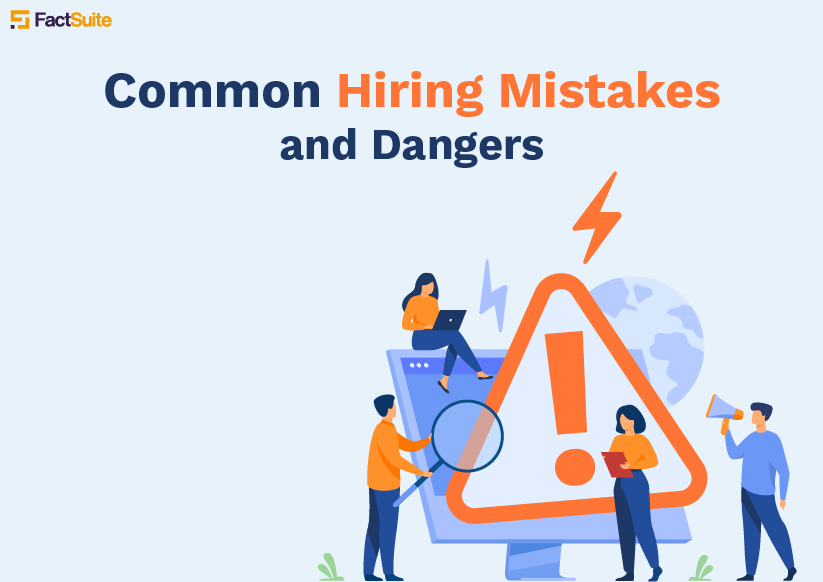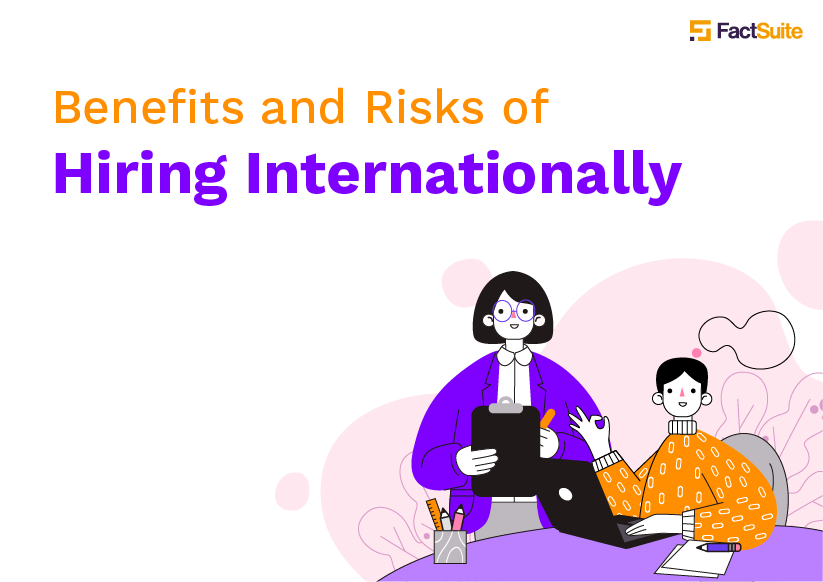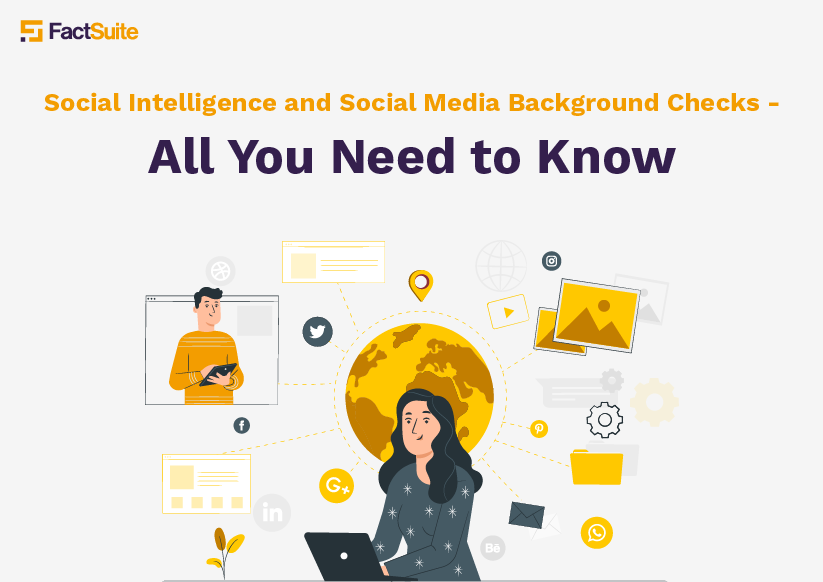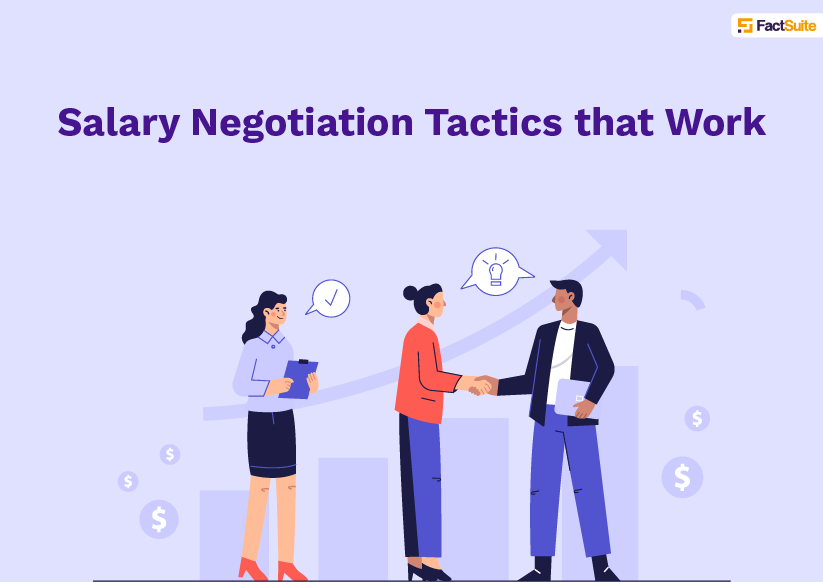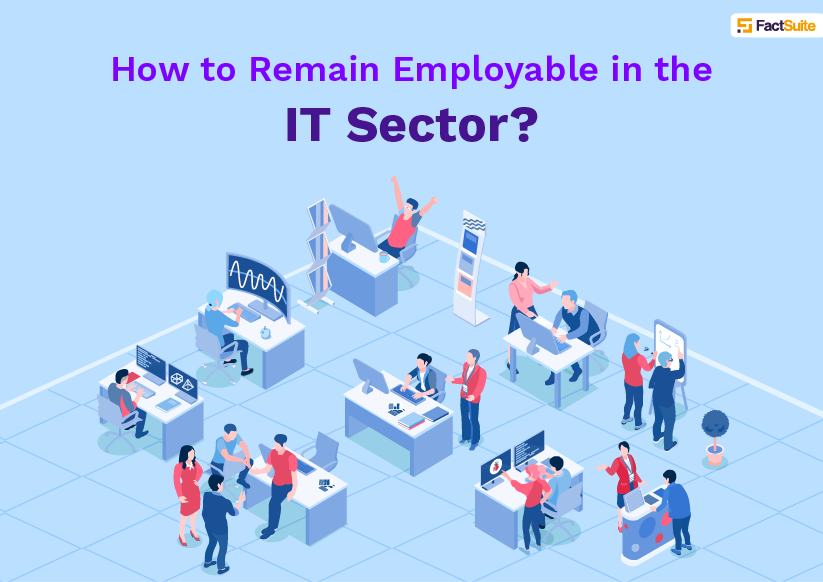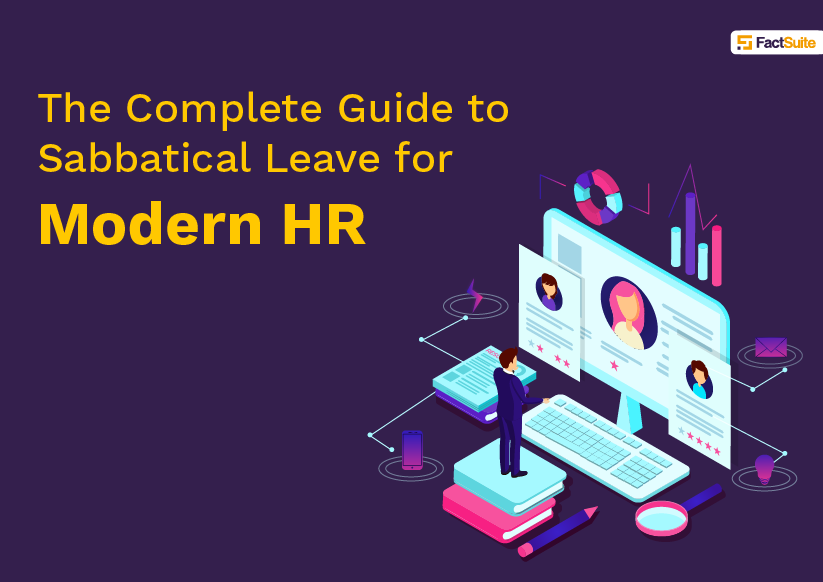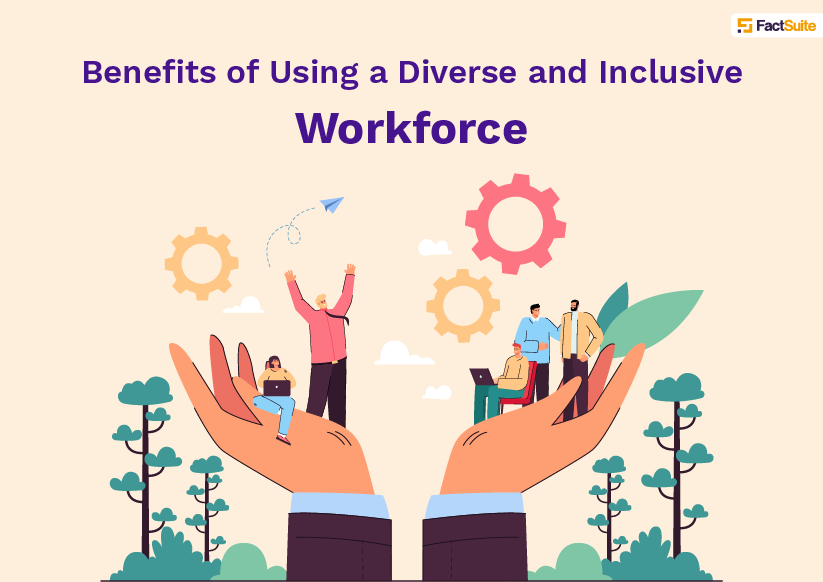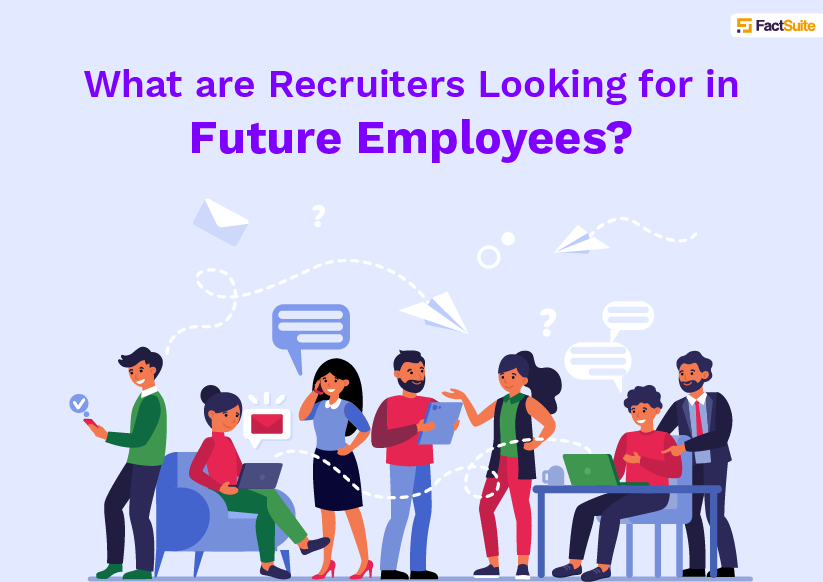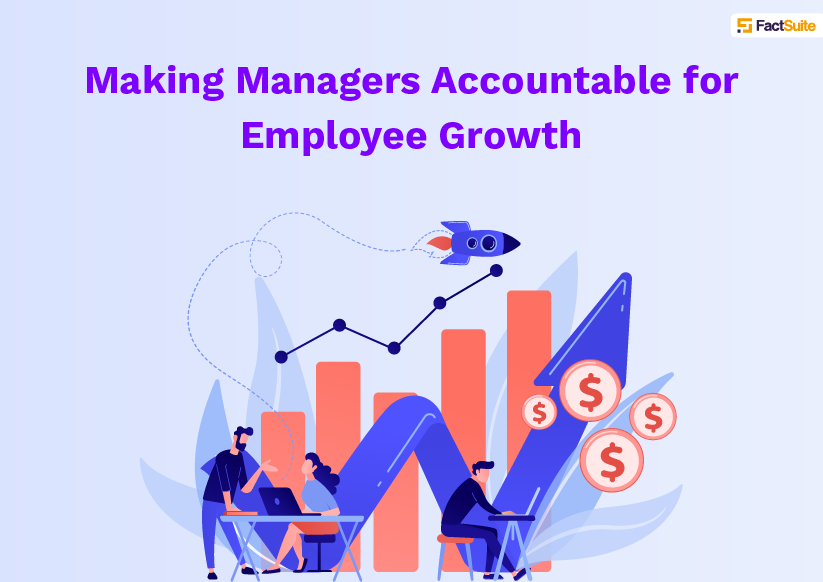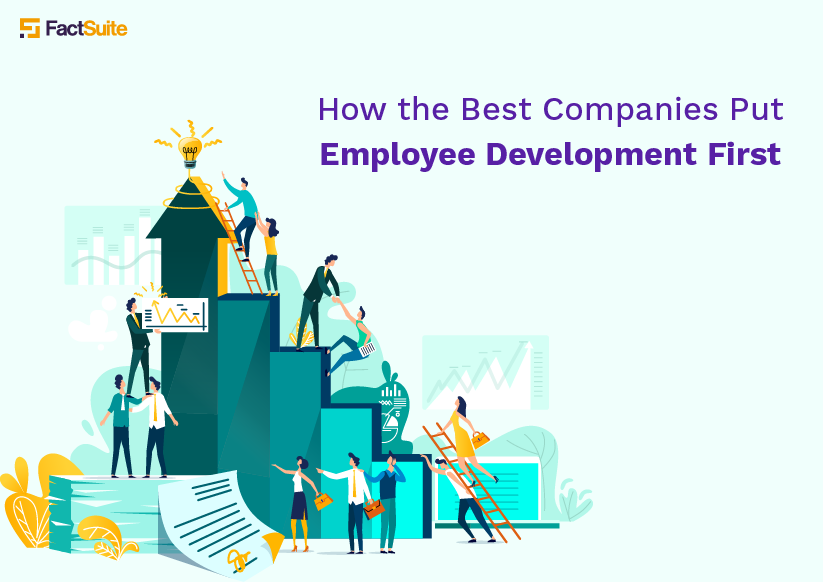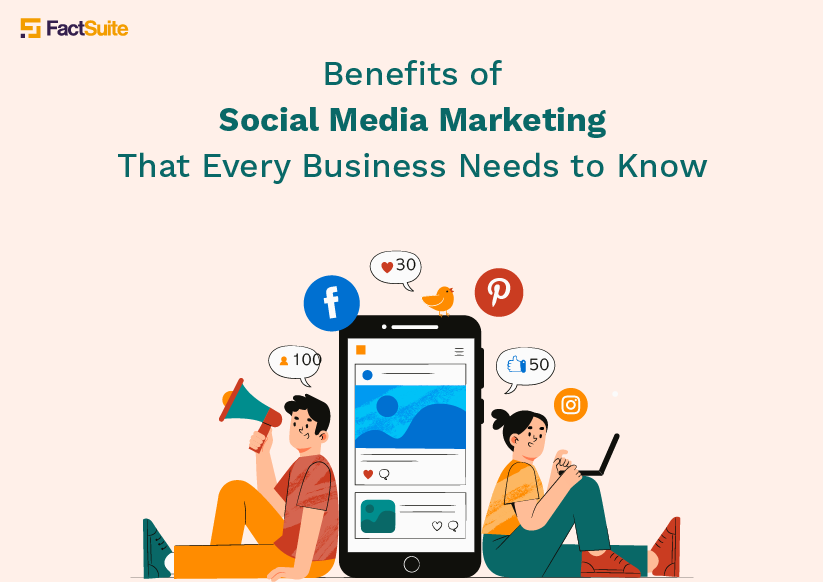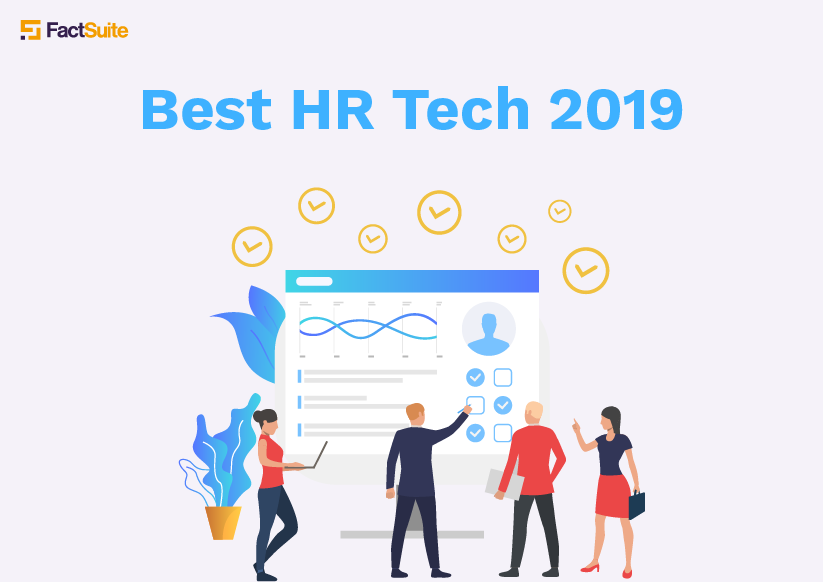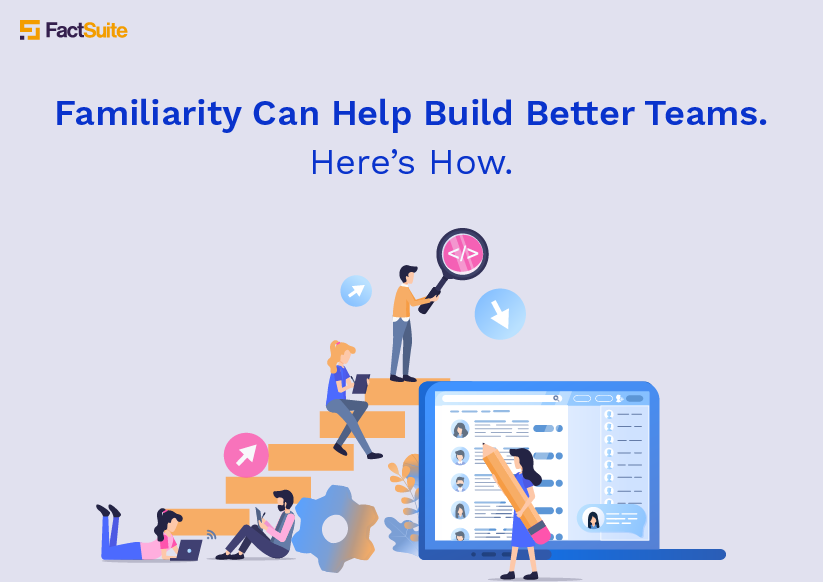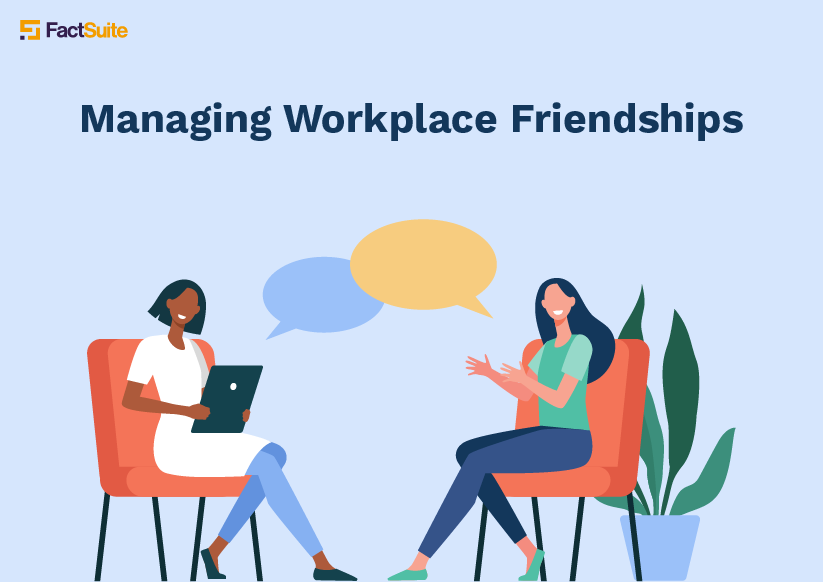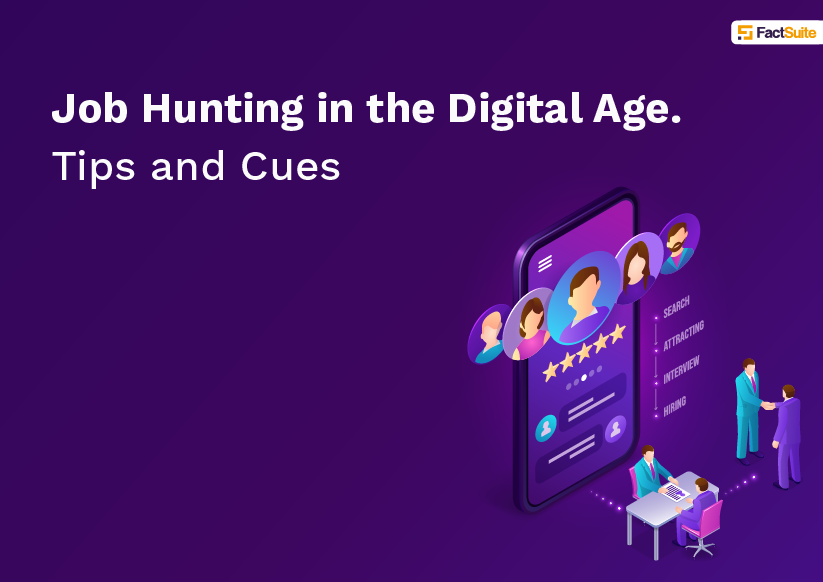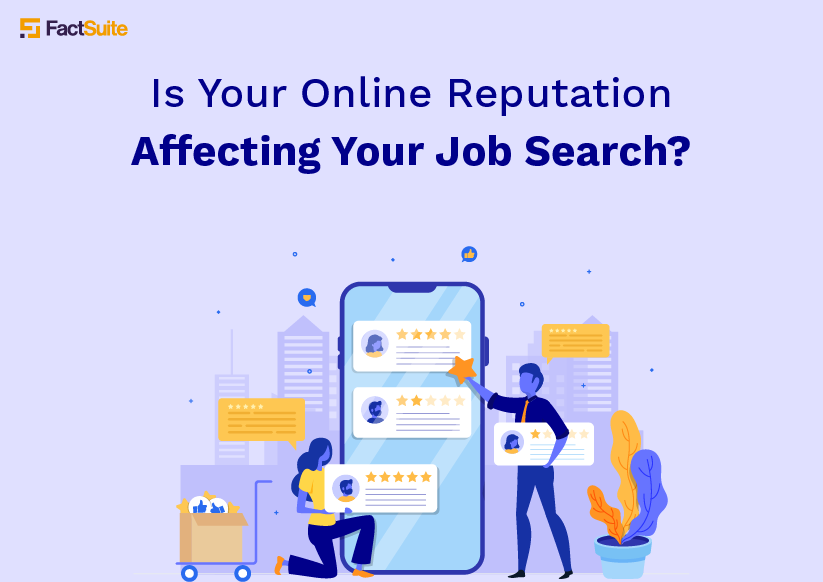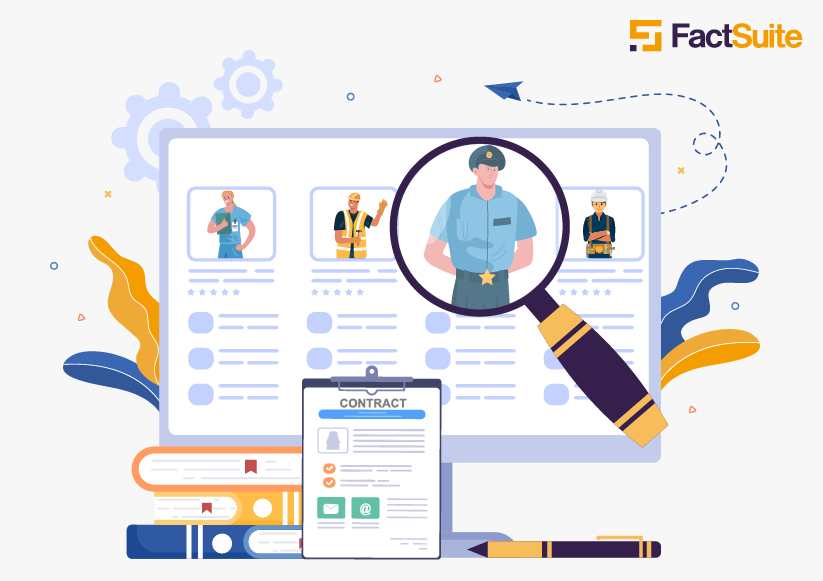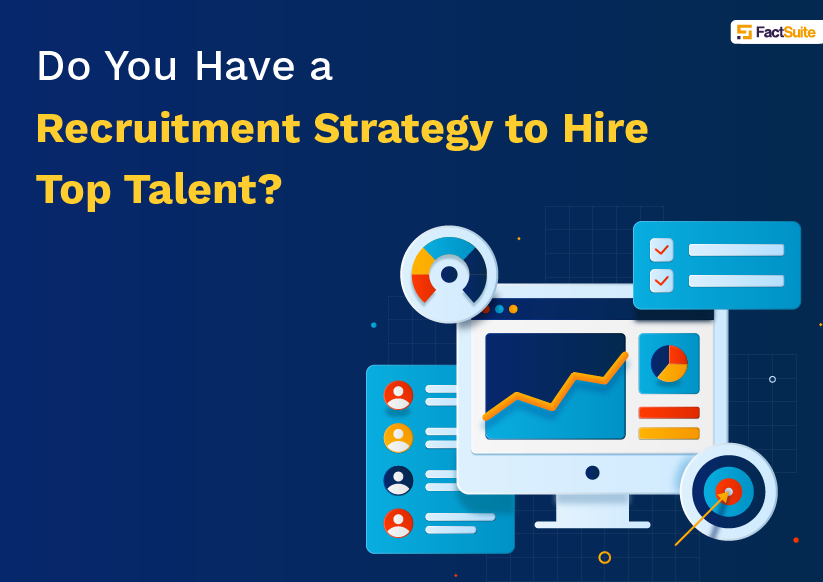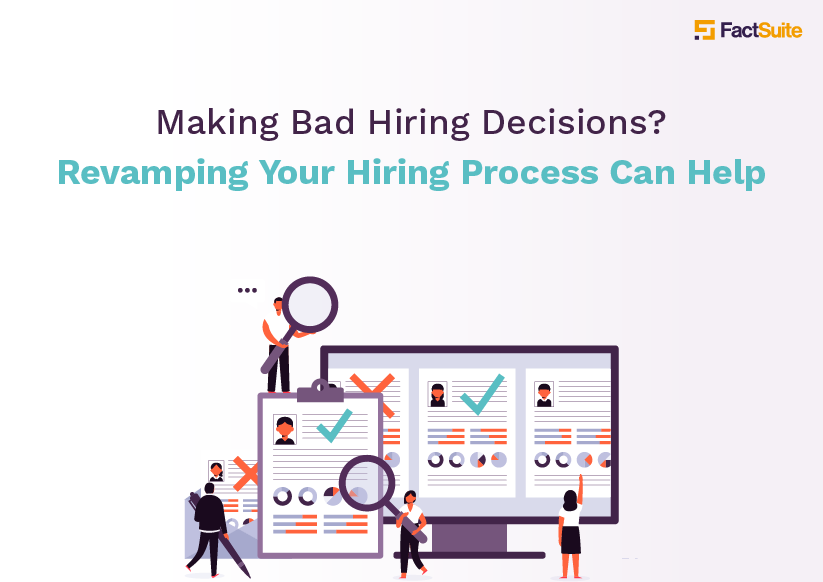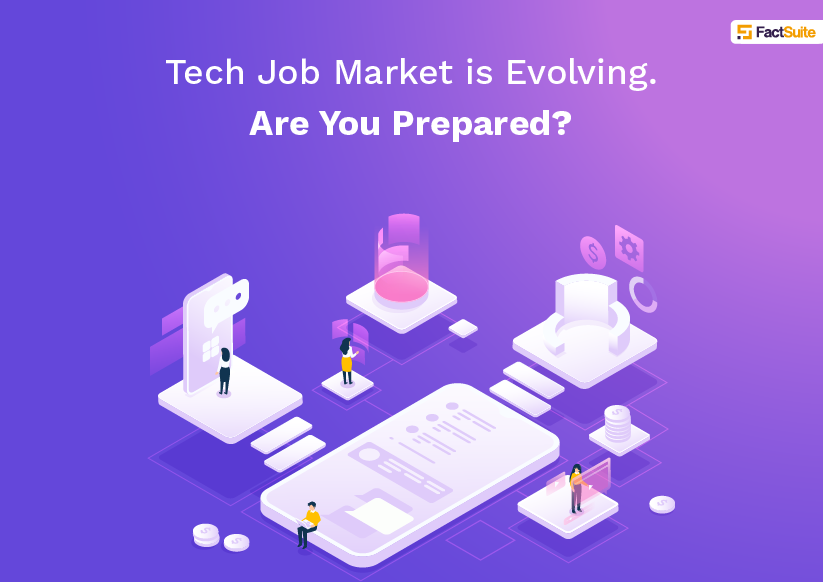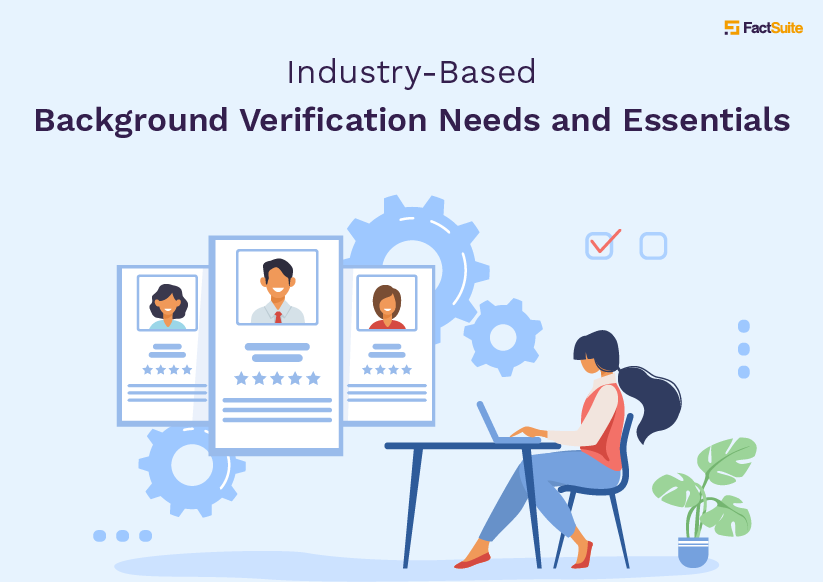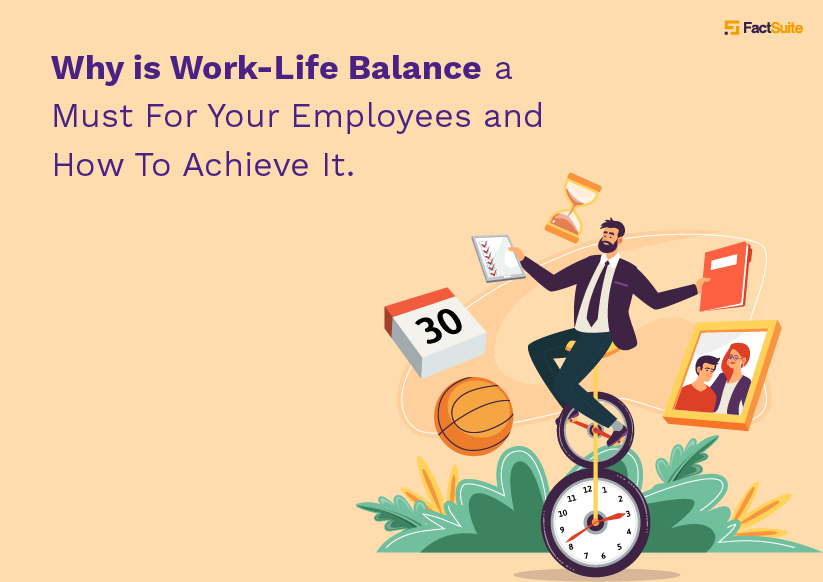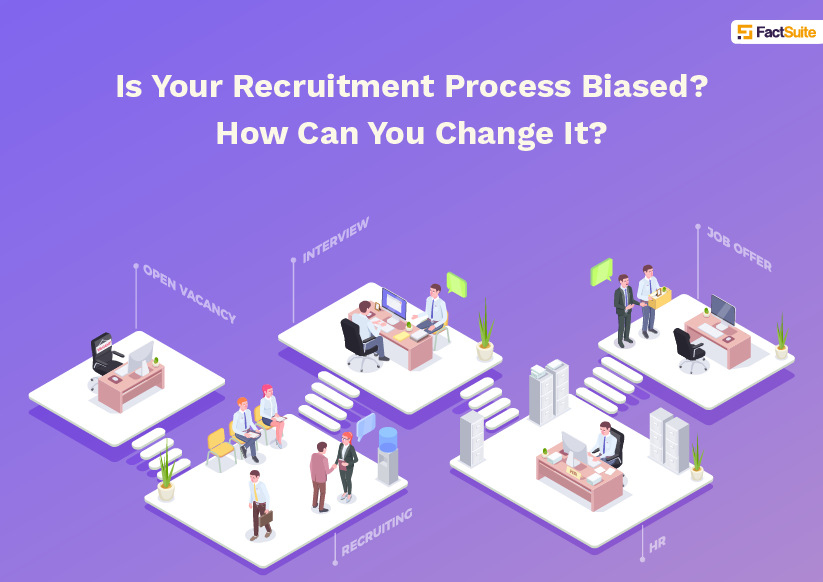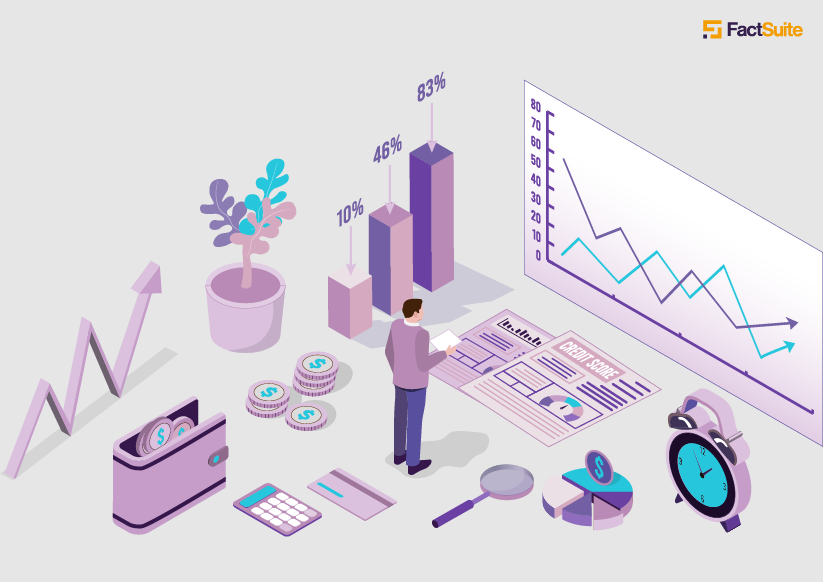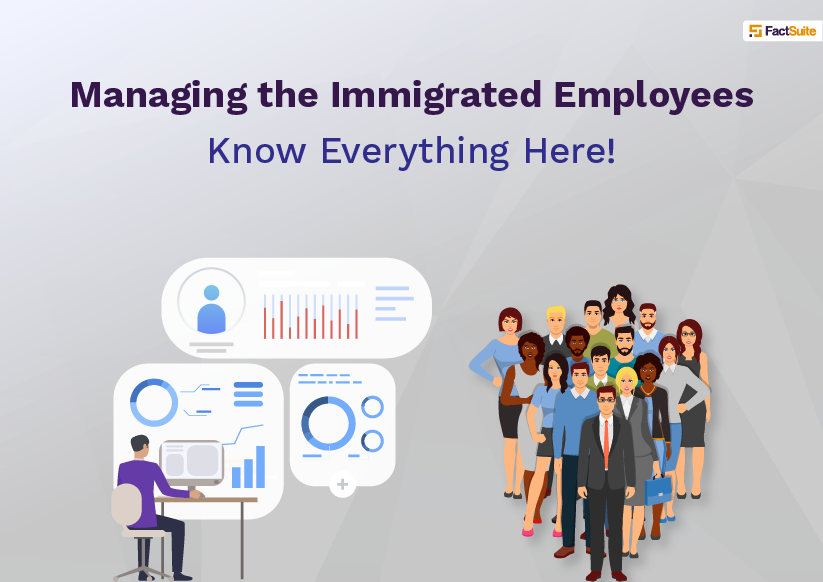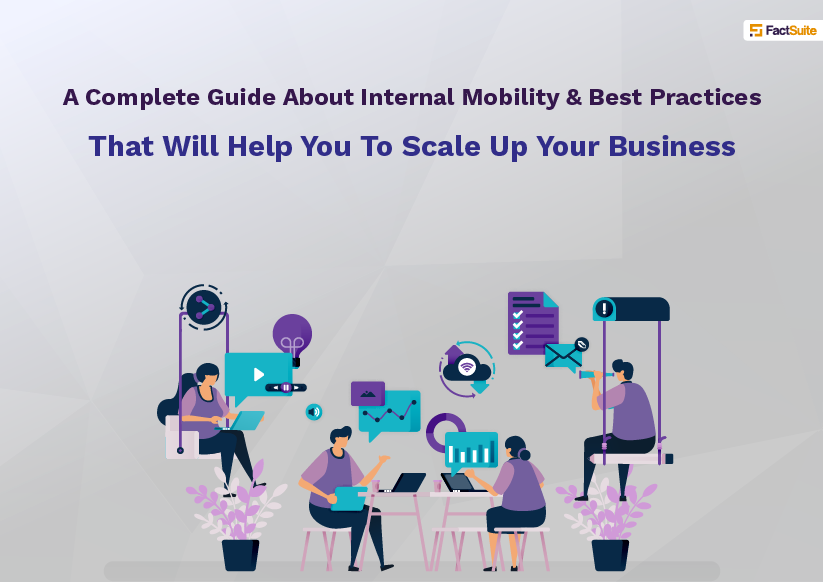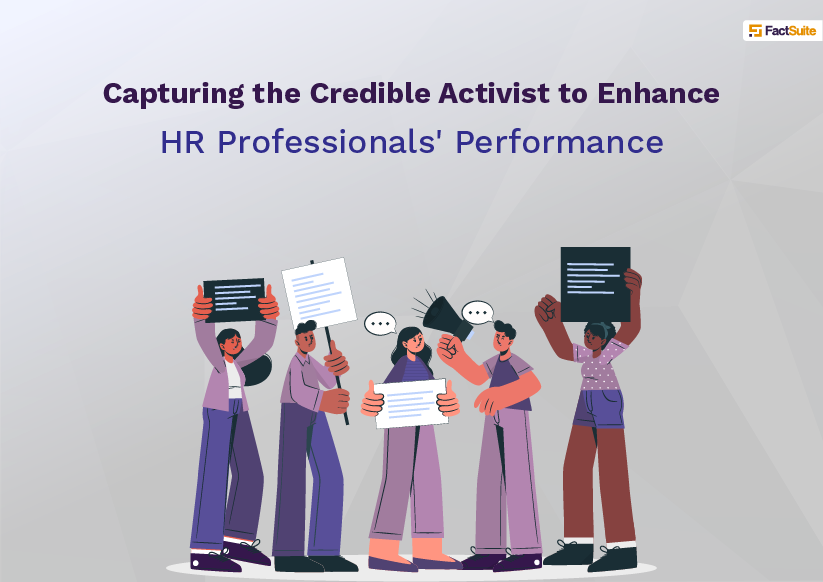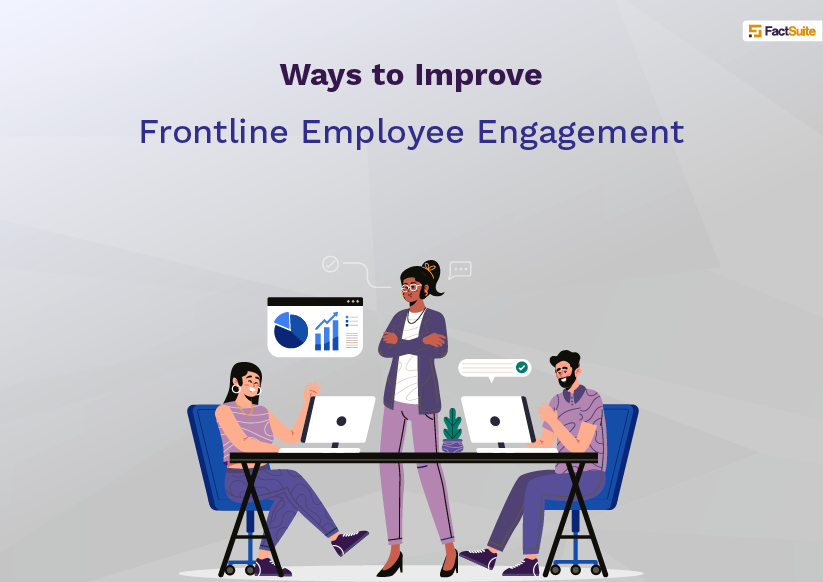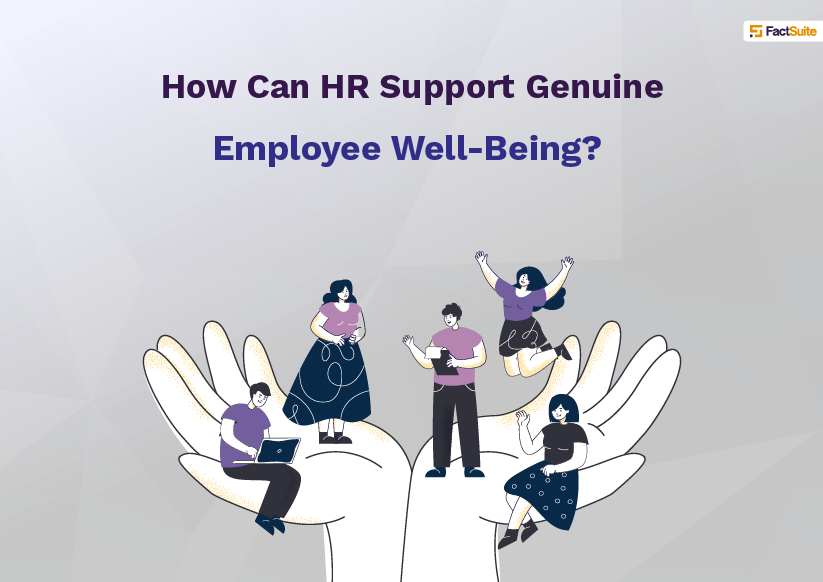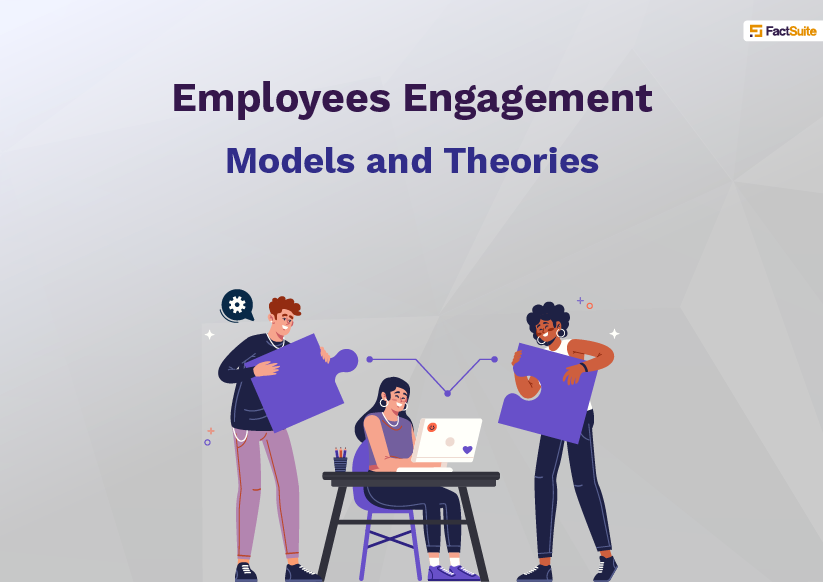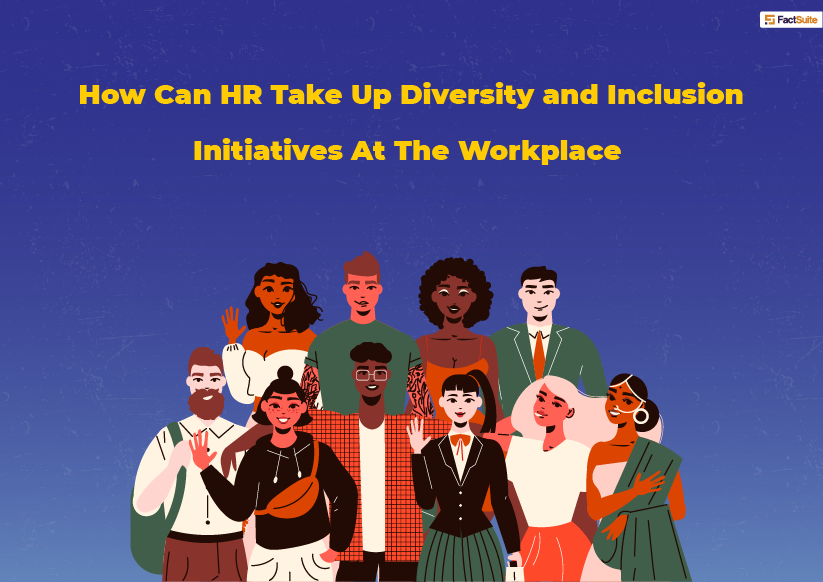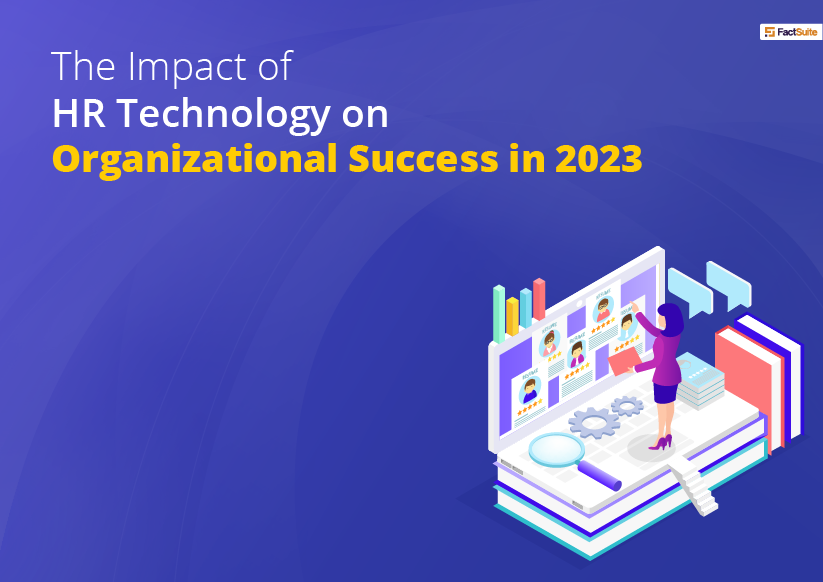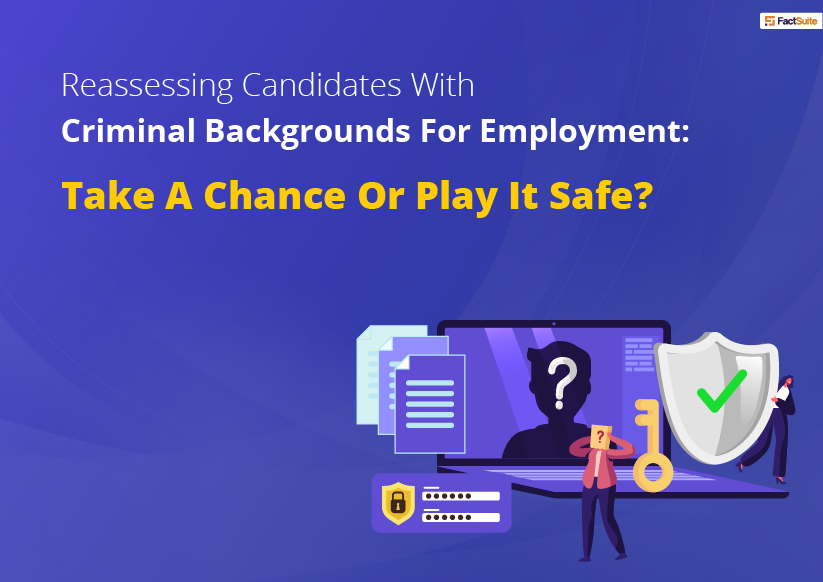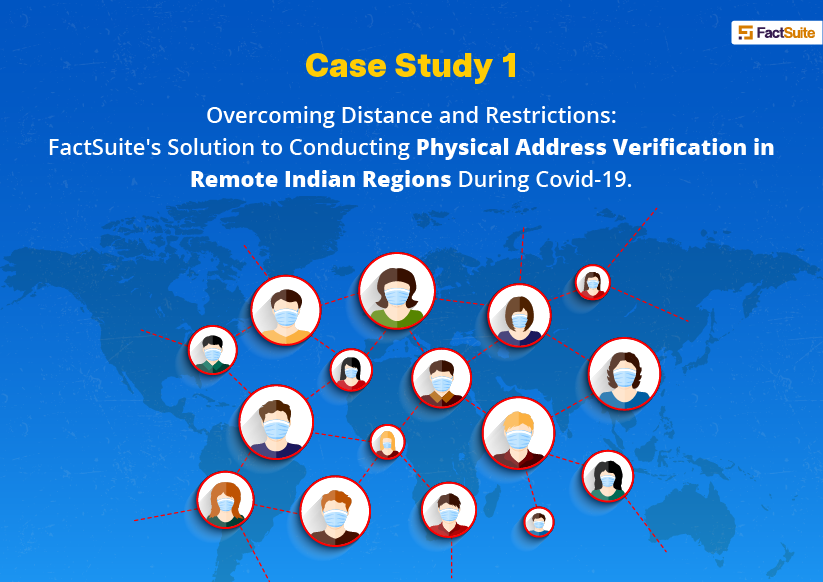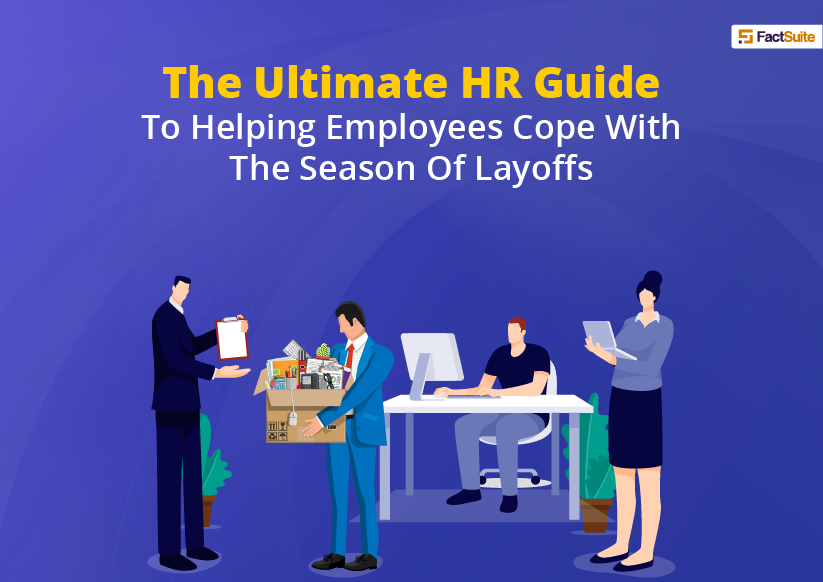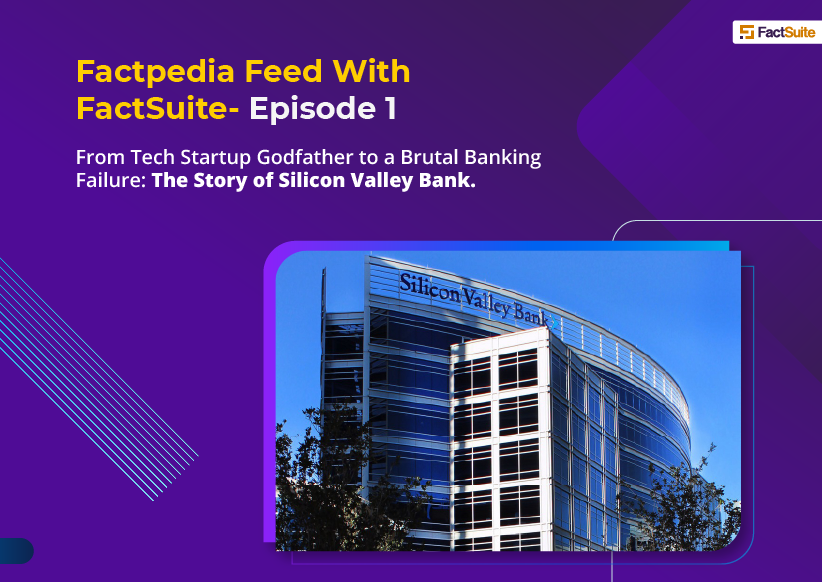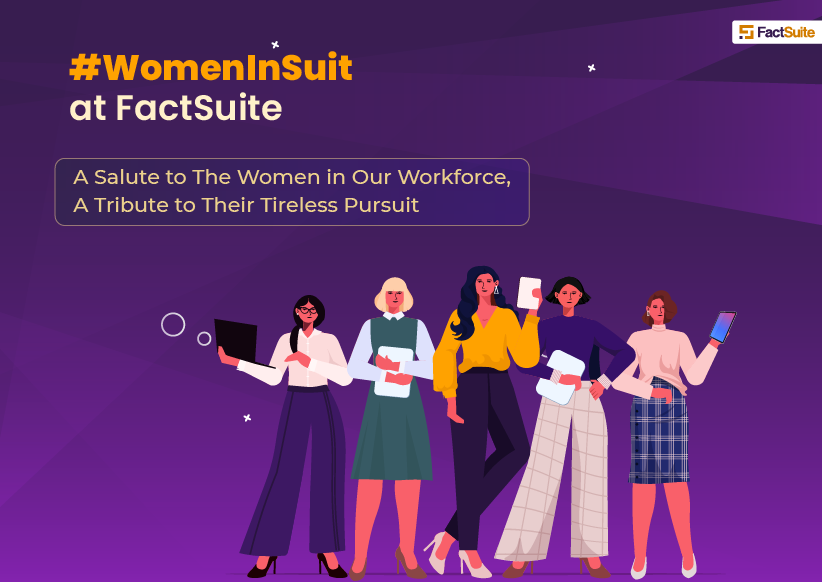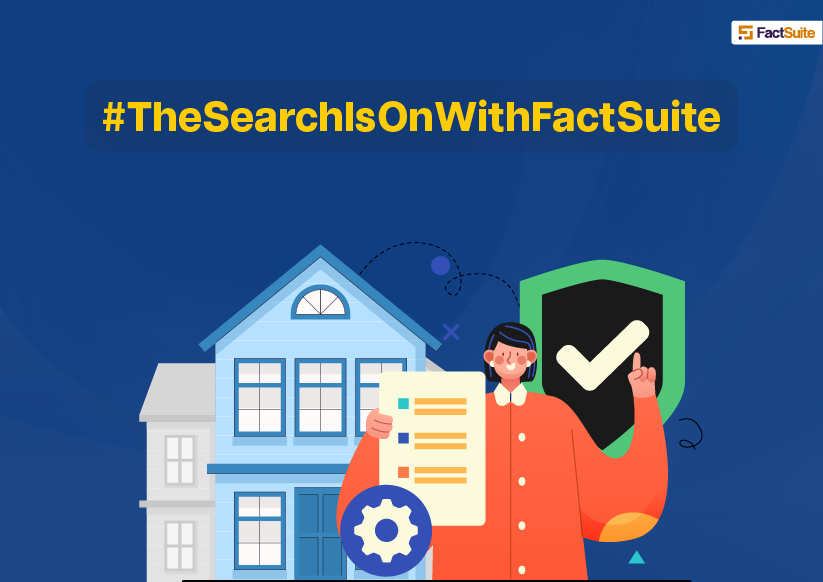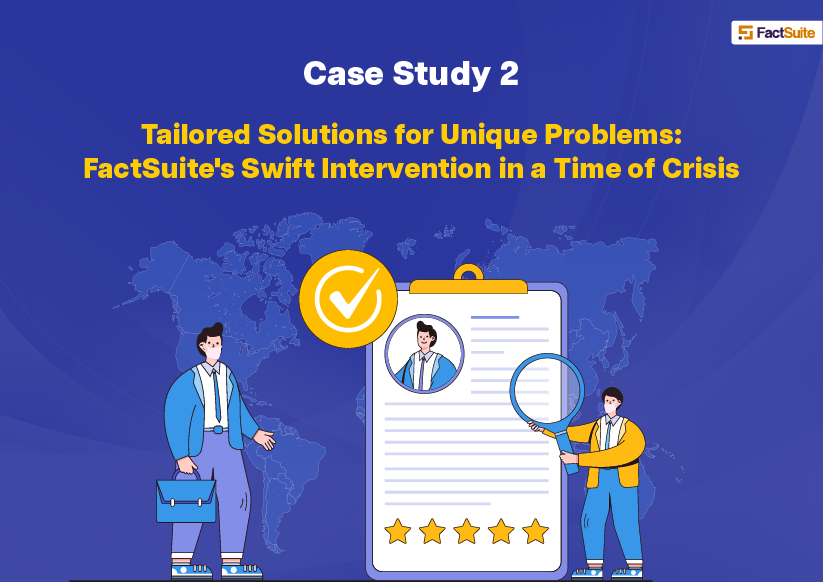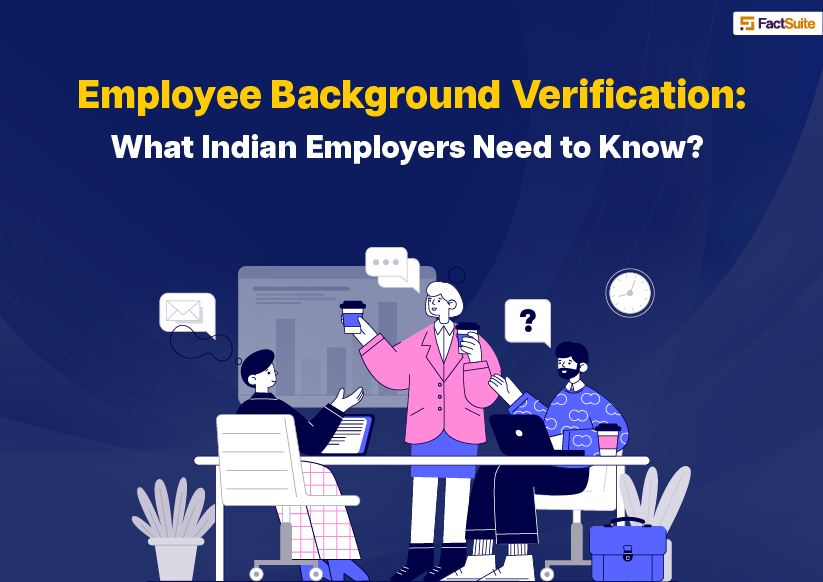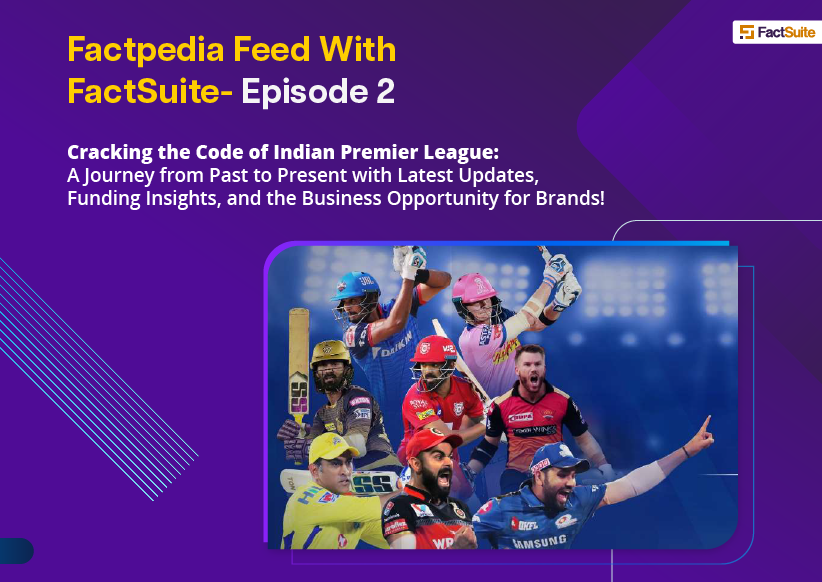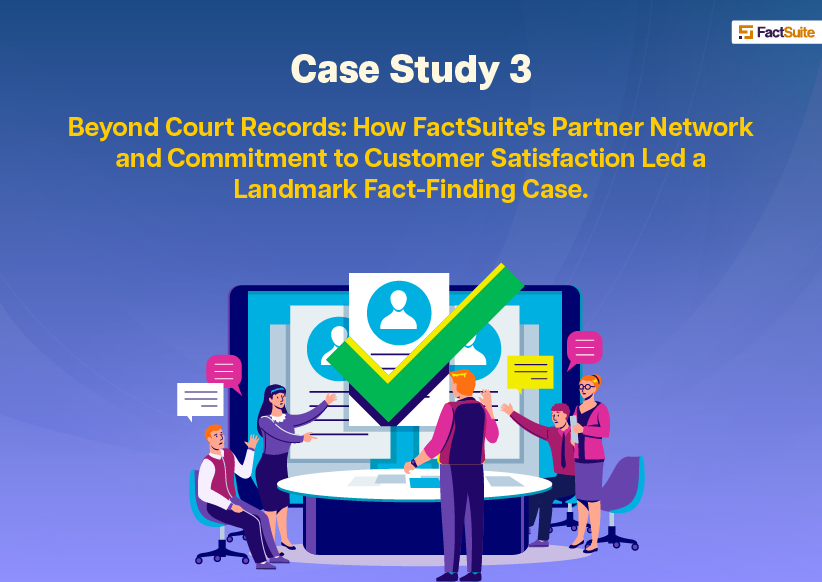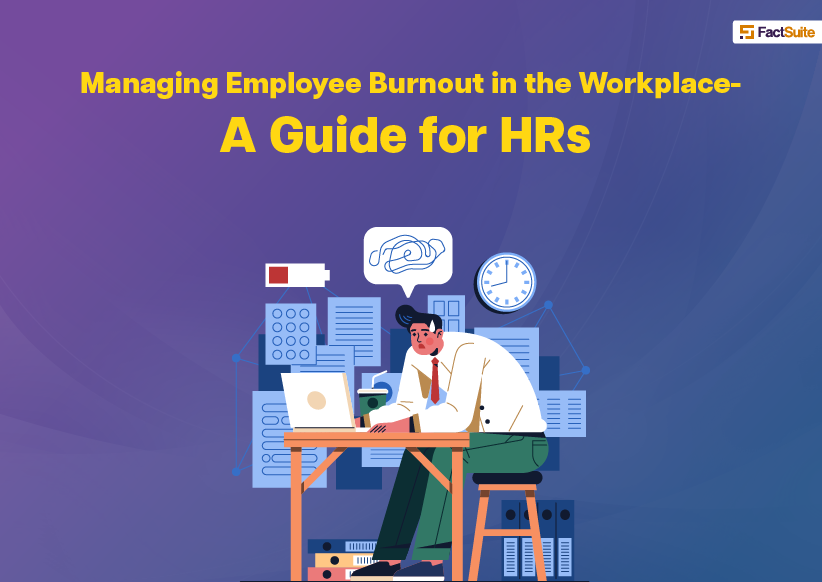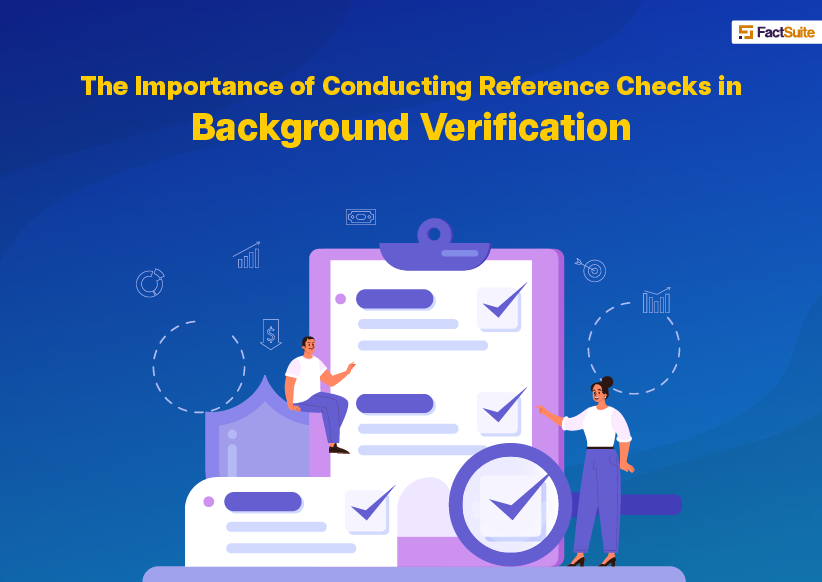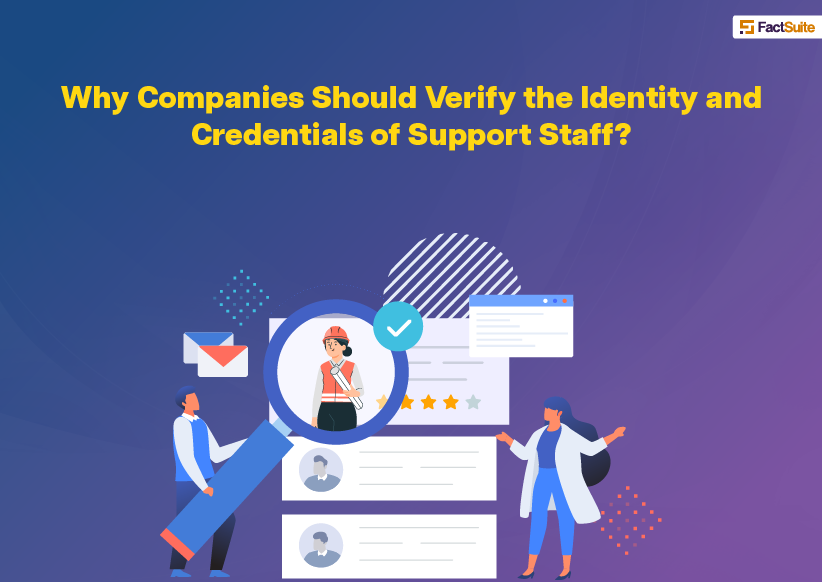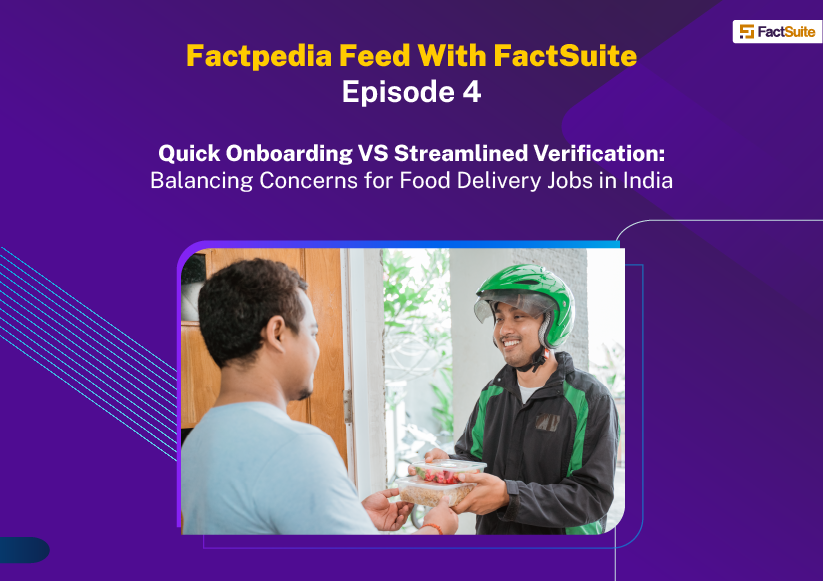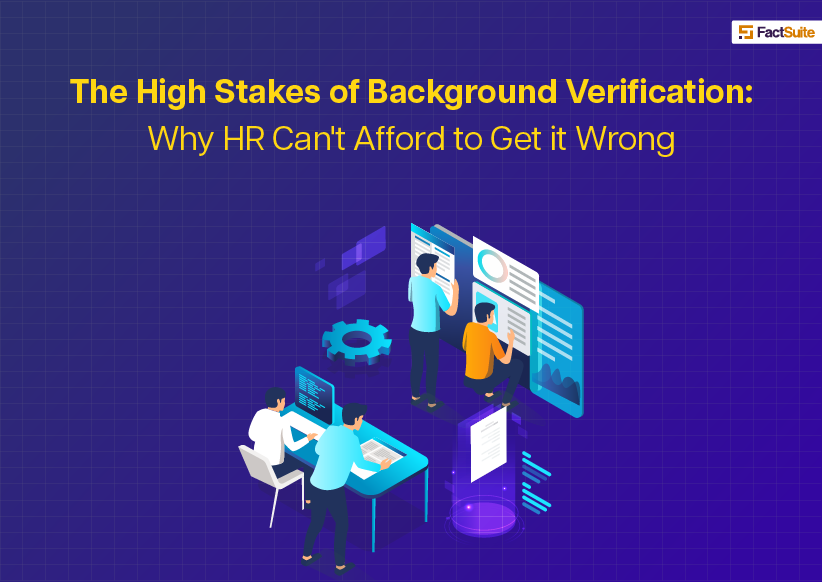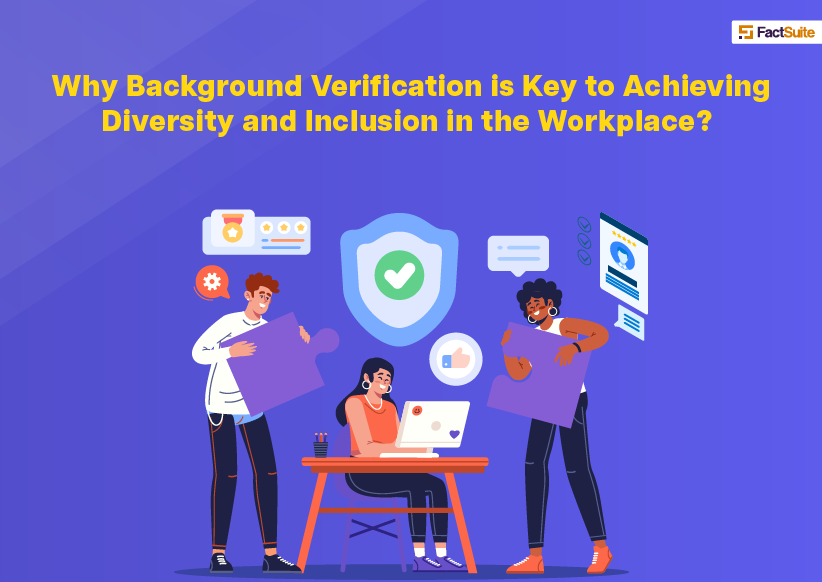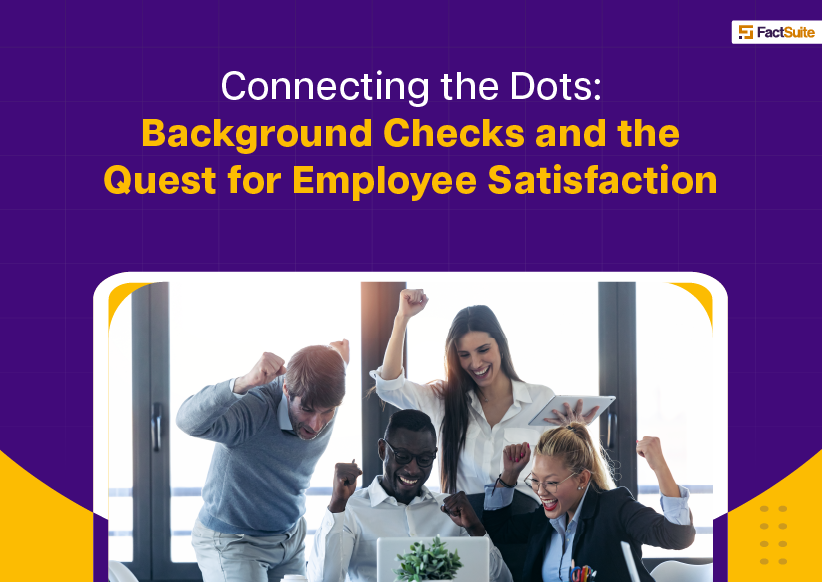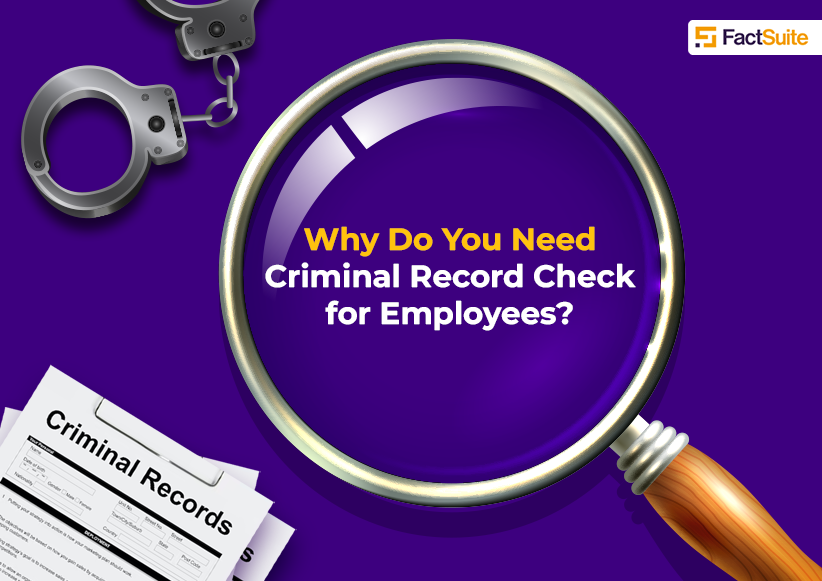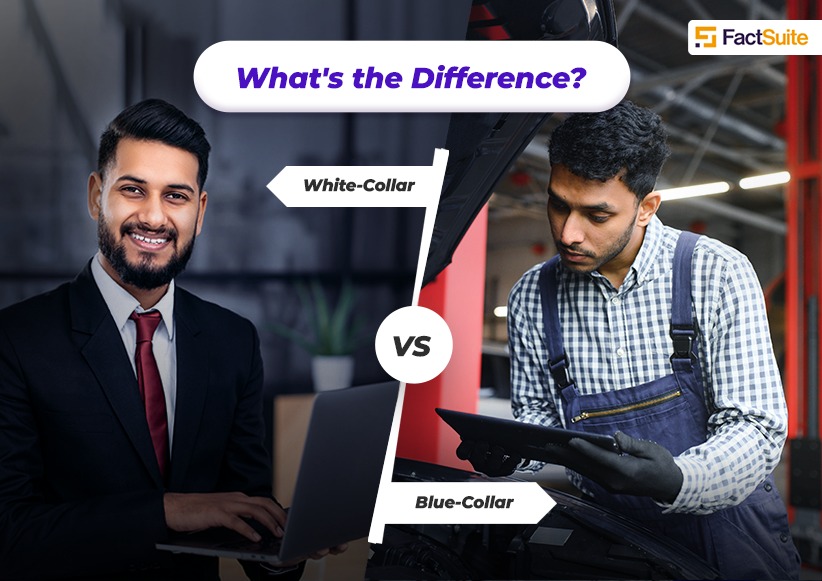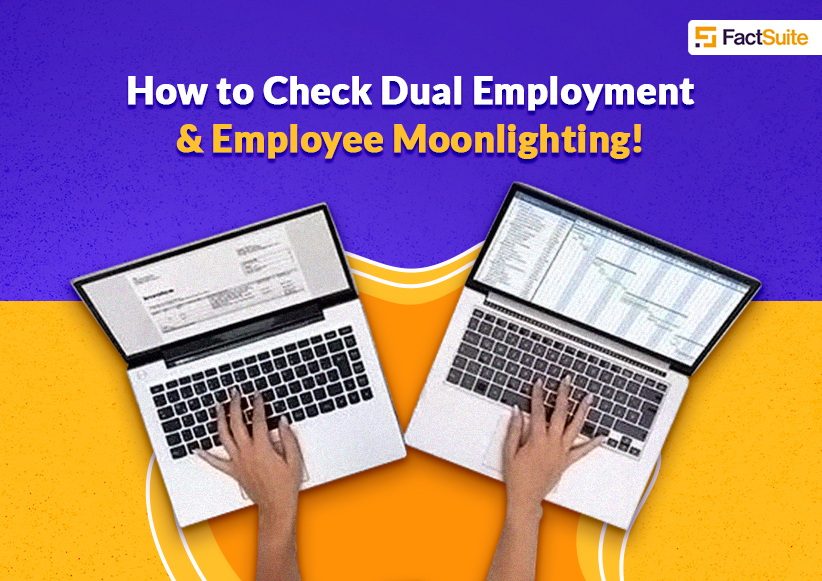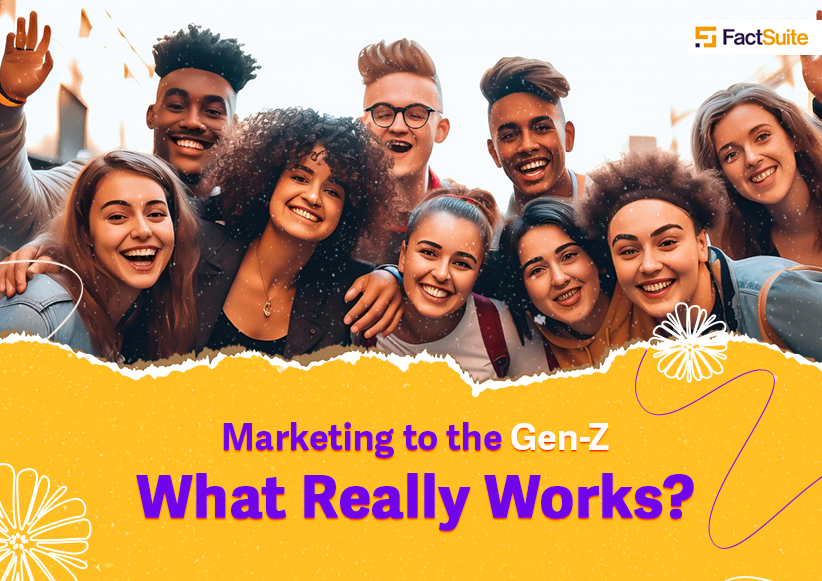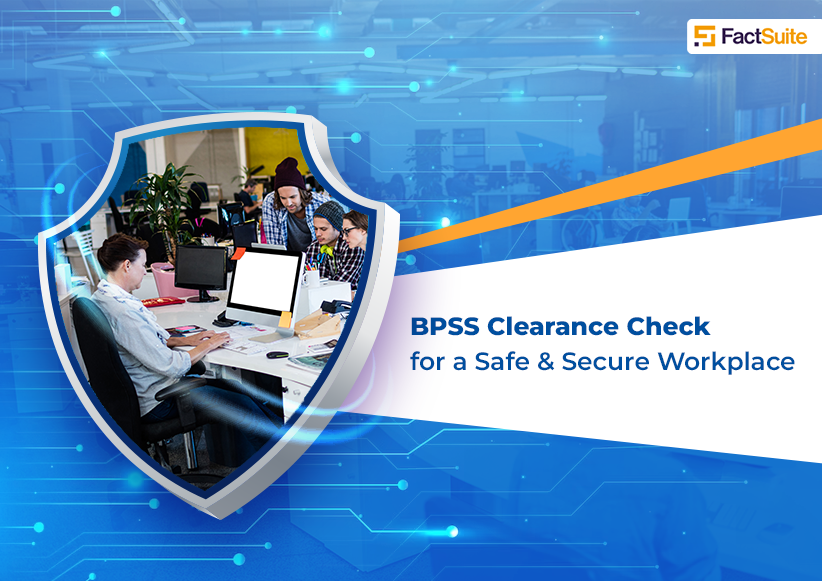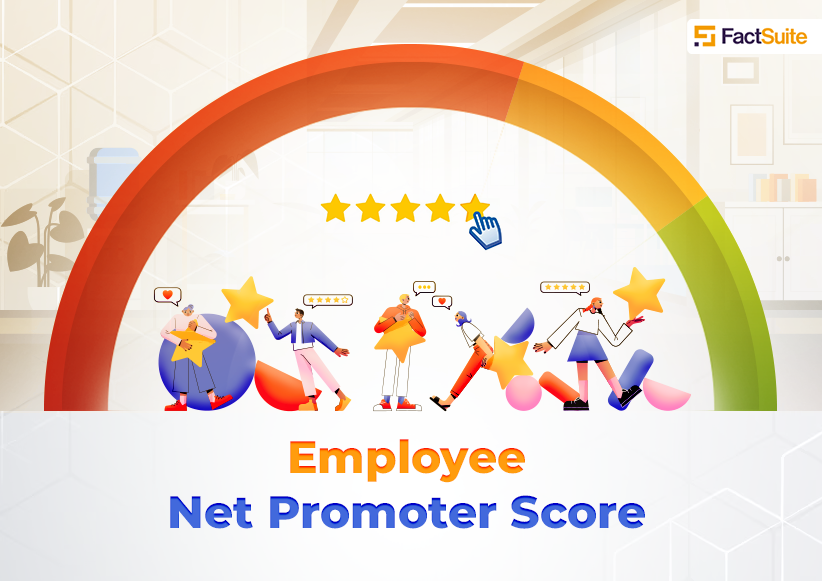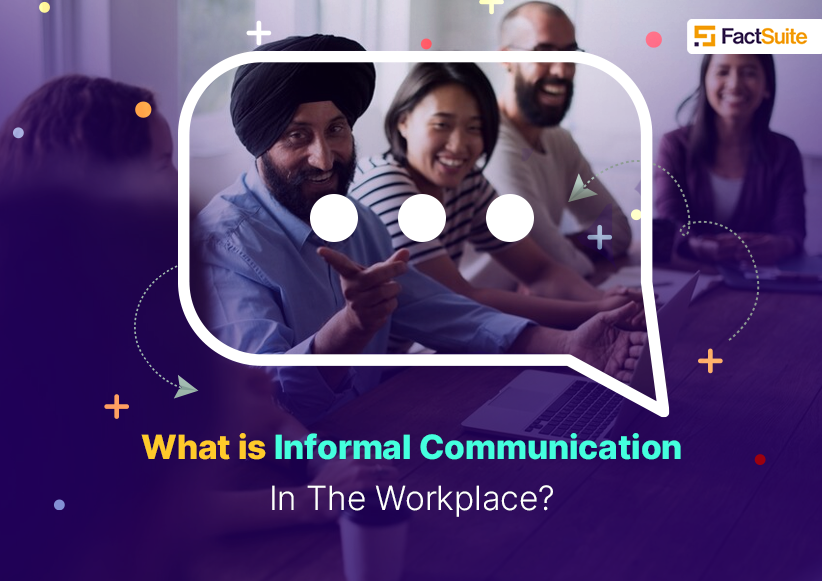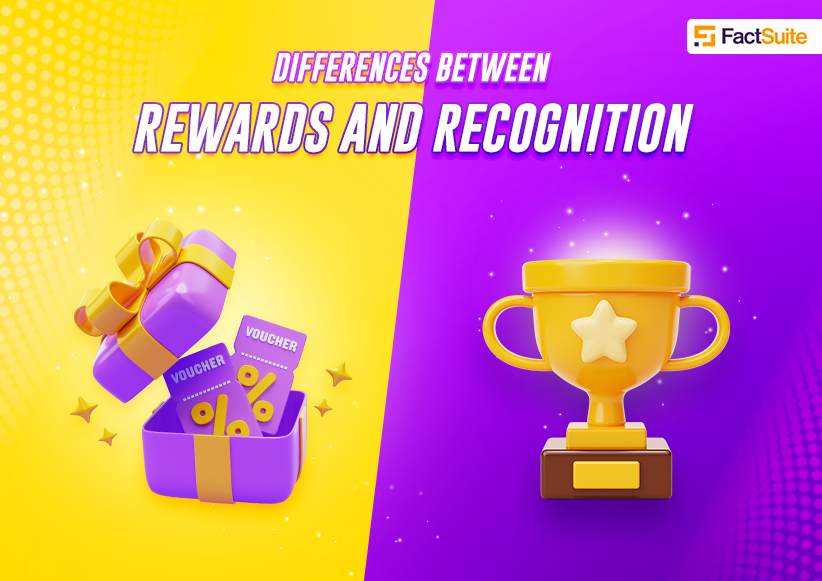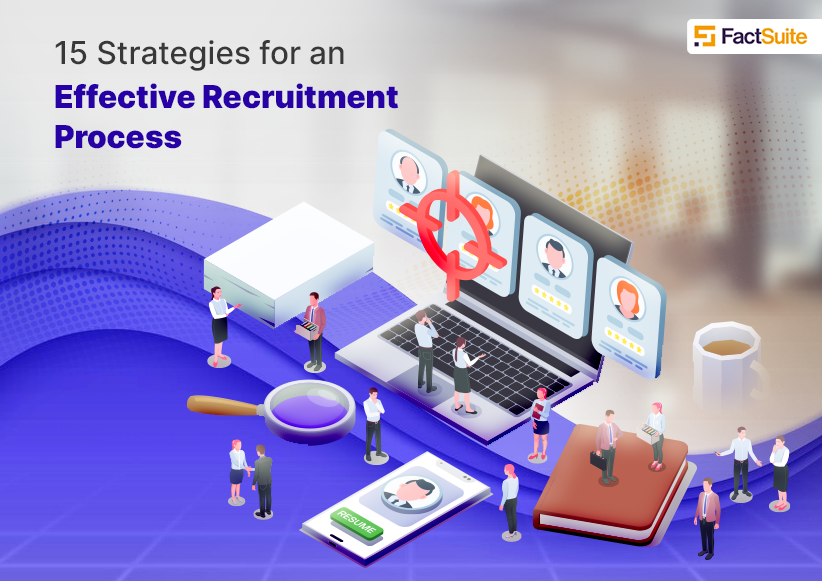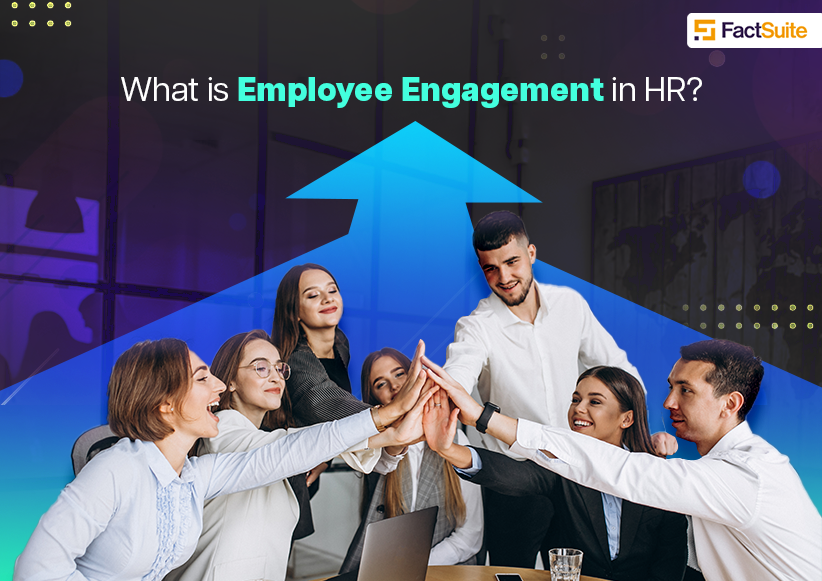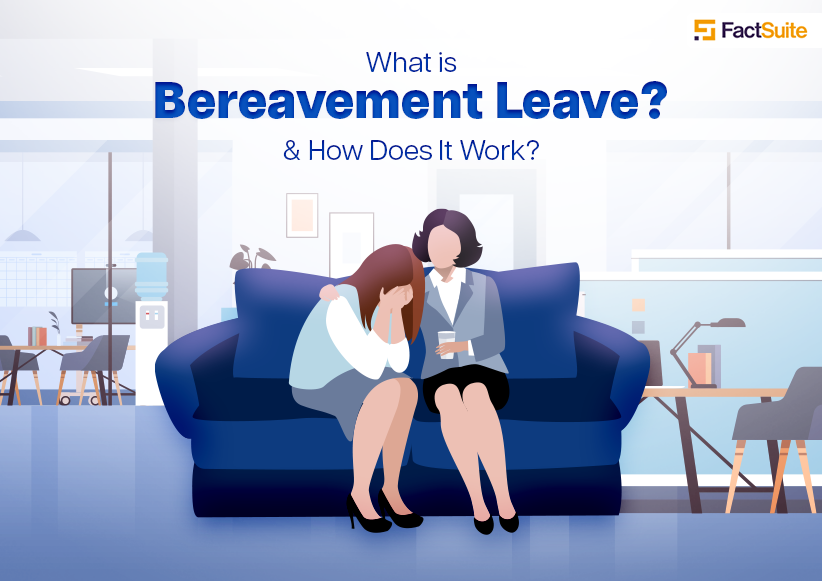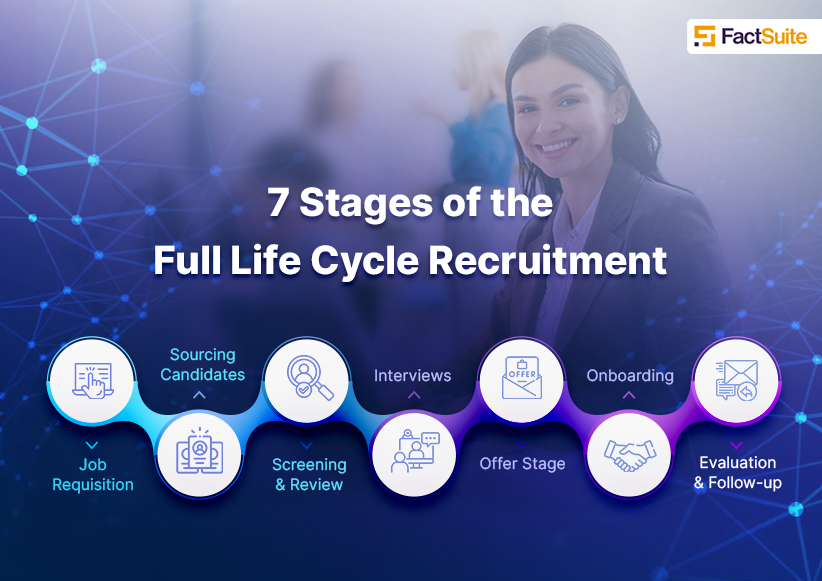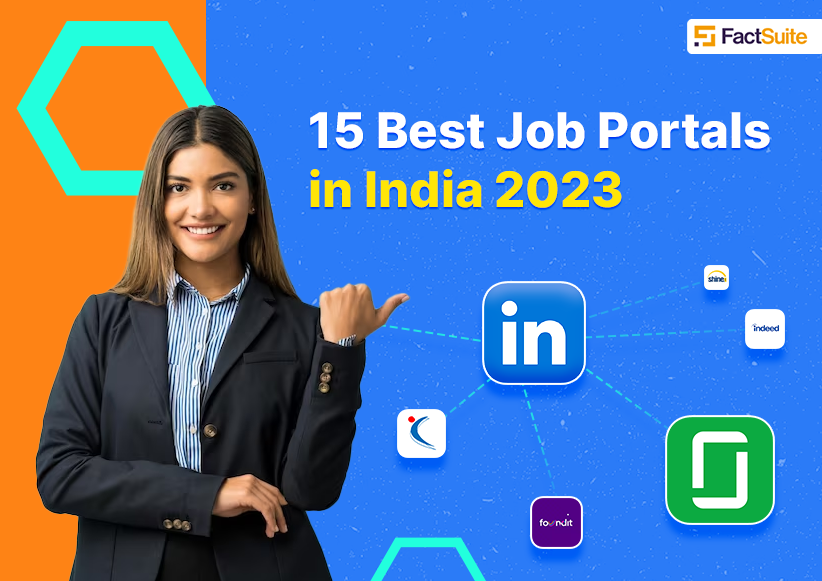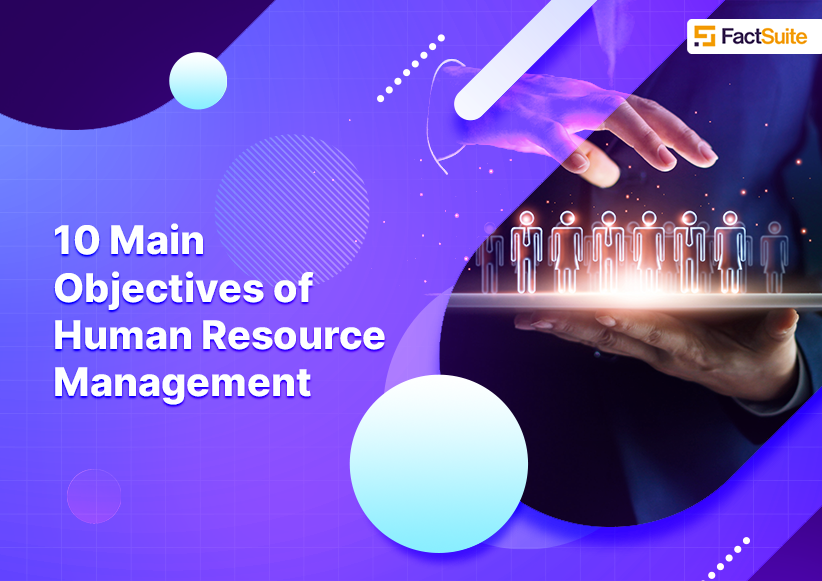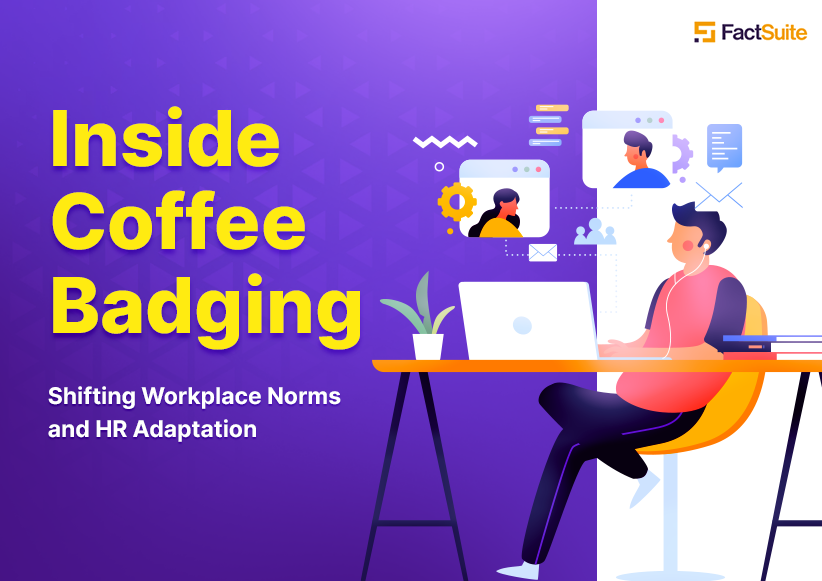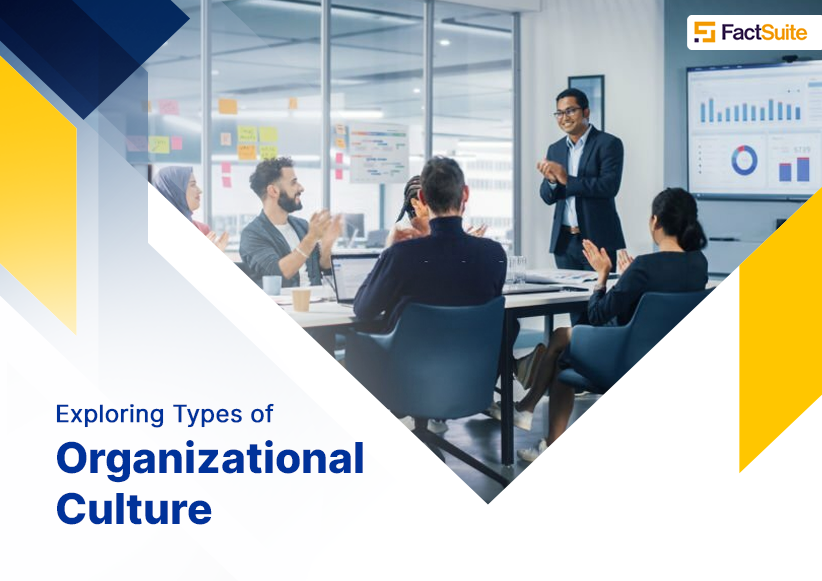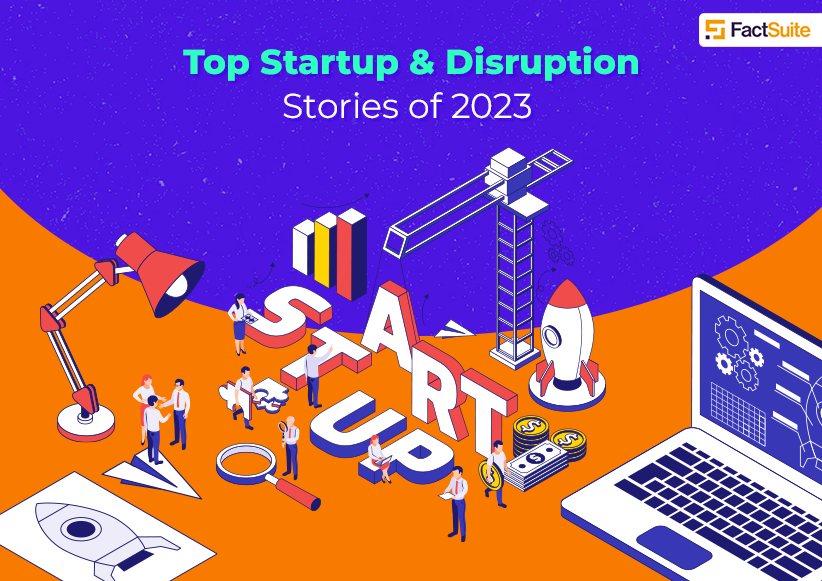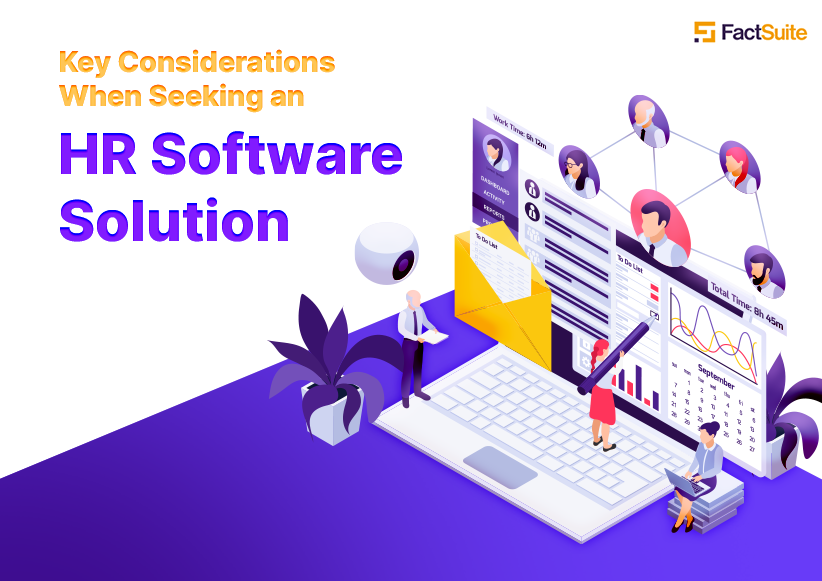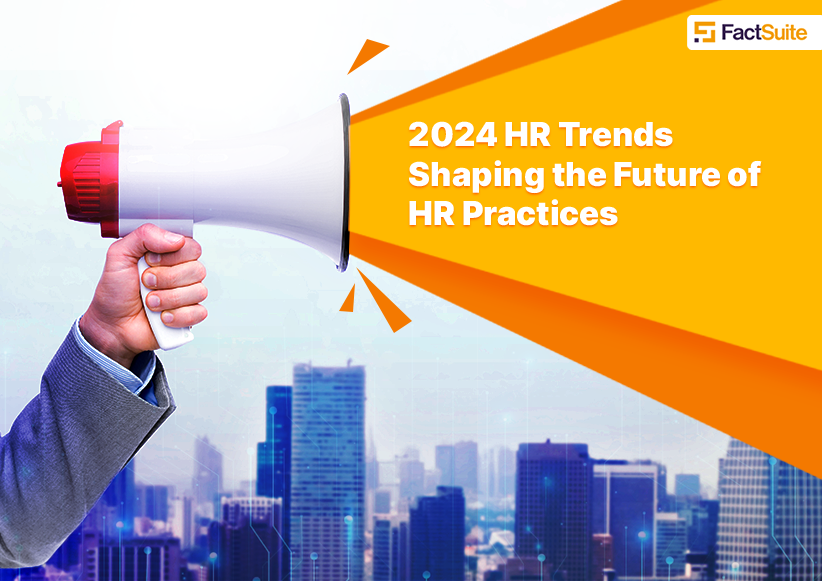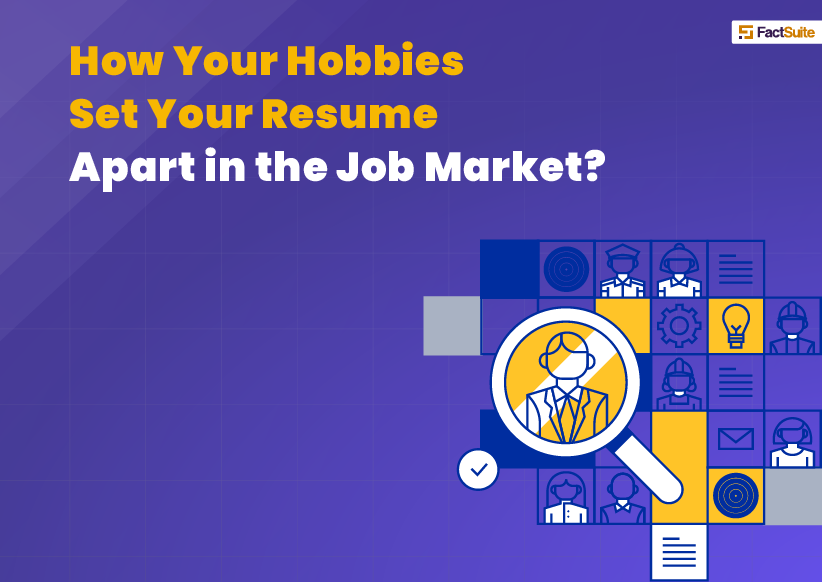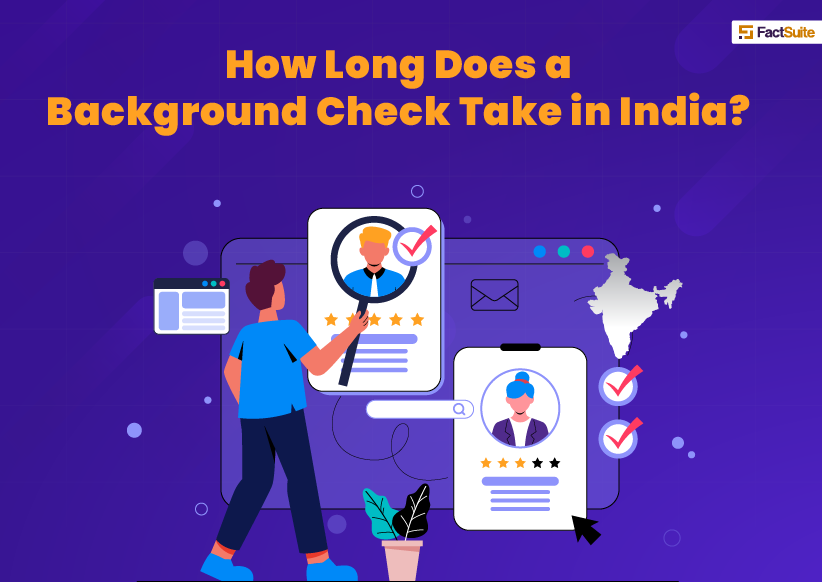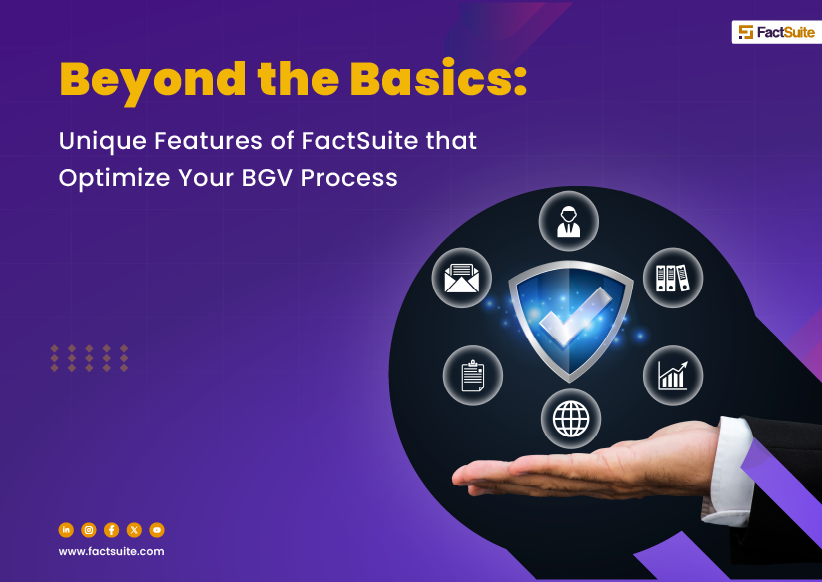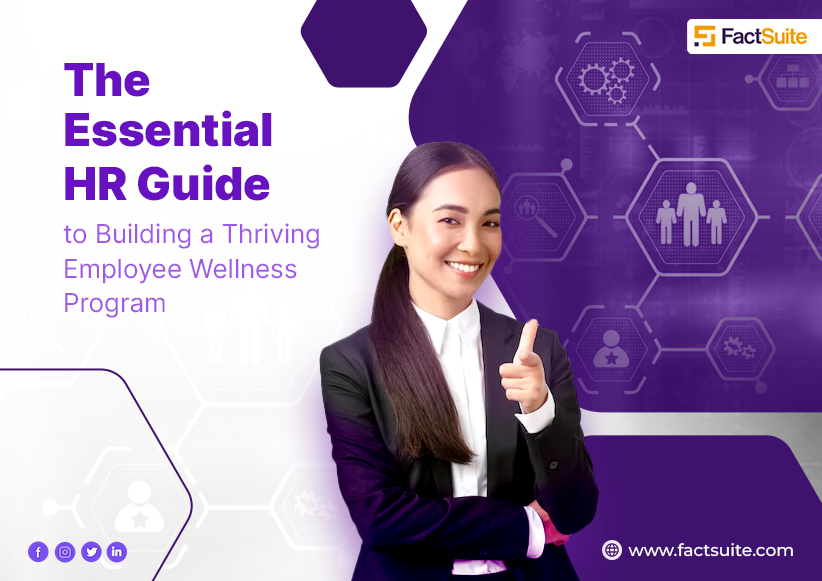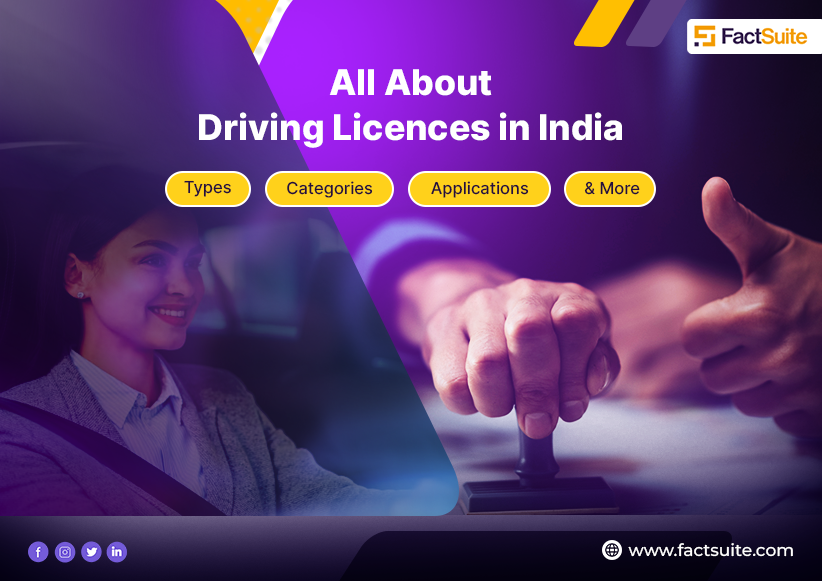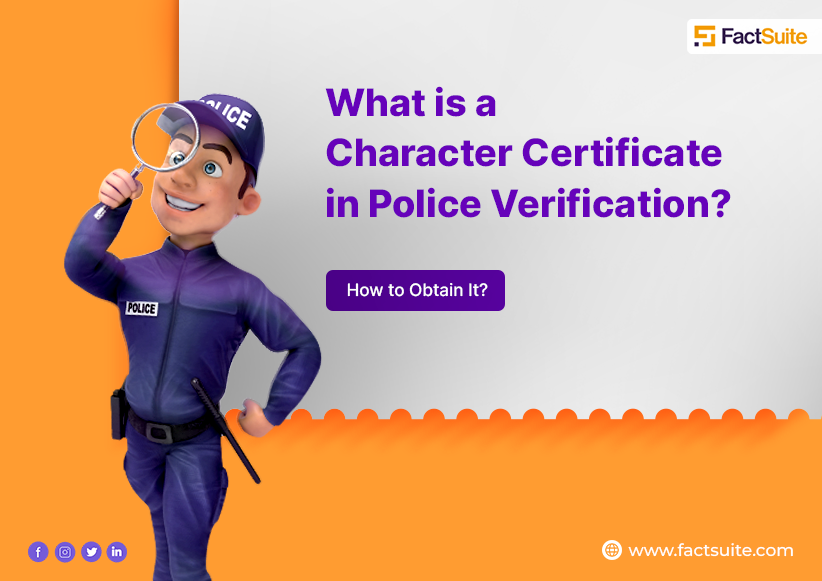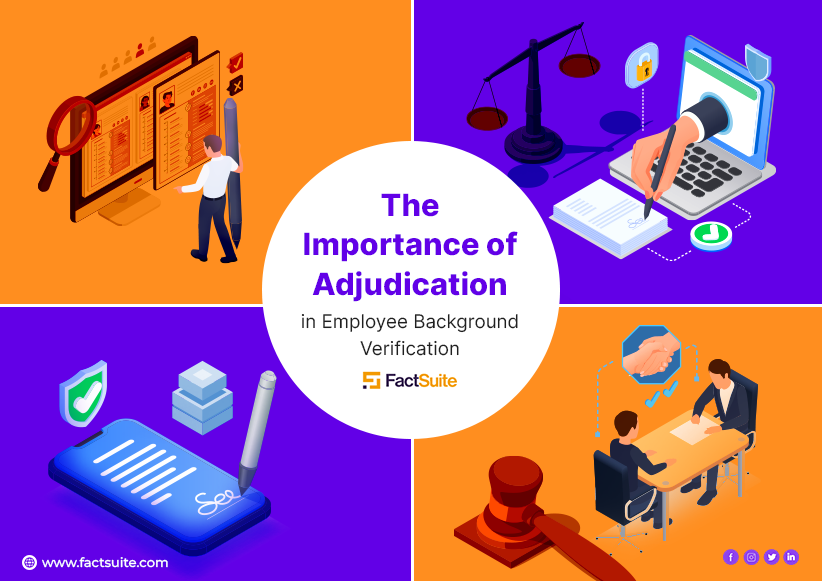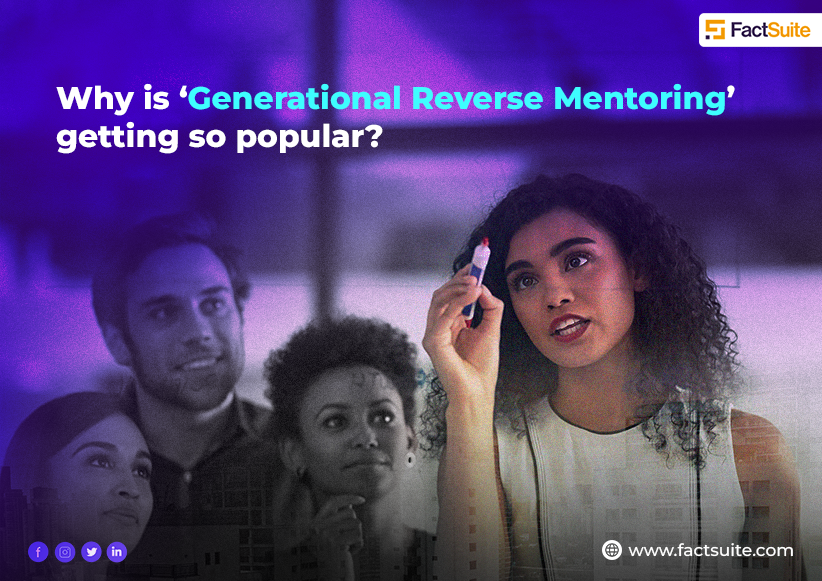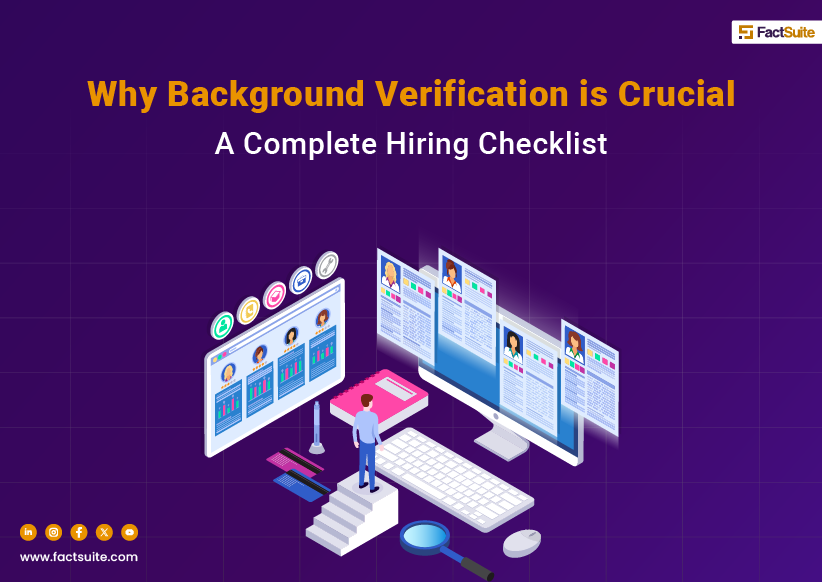Knowledge, Skill, Ability in Dynamic Workforces
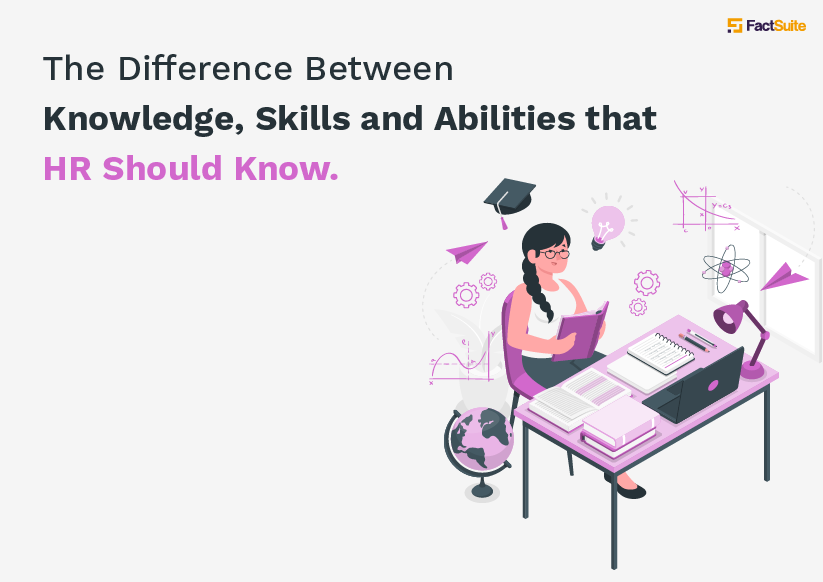
The terms ‘knowledge’, ‘skill’ and ‘ability’ are quite often used interchangeably. The truth is, they are not the same. Let’s understand the difference with the help of their definitions.
- Knowledge – the necessary information, subjects, and topics that employees should know for a job
- Skills – the ability to perform a task with technical or manual know-how, which is acquired through training
- Ability – perception towards applying knowledge and skills in order to complete tasks
All three are different and are equally important. Now let's look at why it is important for HR teams and recruiters to know the difference between the three terms, and how it could help them in effective recruitment.
Harness employee strengths, align roles to expertise
Employees’ knowledge and expertise is also their strength. As Marcus Buckingham, author and performance trainer shares, organizations can benefit greatly when the inherent knowledge of employees is harnessed, compared to when focusing on their weaknesses and overcoming them. When recruiting, the interviewer and HR should observe the knowledge capabilities of the candidates that they would use to apply to the job role. Once hired, managers and superiors must ensure that they align roles and tasks to the employee’s knowledge and strengths and do not waste the resource.
Assess candidate suitability for a specific role
Even though employees work in and as teams, it could benefit recruiters when they keep the approach individual. This is where an understanding of the difference between knowledge, skill and ability can greatly impact the recruitment choices.
Here’s an example: Candidate X is highly knowledgeable about processes in the industry sector that a company belongs to. However, the candidate is not proficient in the region-specific know-how at the company that he has applied for a job and would need to focus on enhancing his region-specific knowledge. The good thing is, the candidate is curious, committed and willing to learn, which means he has the ability to gain new knowledge. In this case, a simple question for the interviewer to explore would be: Is the candidate capable of understanding the bigger picture of the company? This could answer a lot about whether or not a person is fit for a specific role. At times it might not answer the question. The HR could even engage the services of a background verification agency to conduct reference checks and documents verification in order to ascertain any doubts.
Create a learning and growth culture
A survey by LinkedIn revealed:
68% of employees prefer to learn at work
58% of employees prefer to learn at their own pace
49% of employees prefer to learn at the point of need
Organizations all over the world have experimented with different learning methods. Here’s an example of a telecommunications company, Cricket Communications, successfully implementing a training programme for employees at the time the company scaled.
The director of leadership development of that company created a checking of key things that the employees needed to learn. Next, he used an online tracking tool to delegate the list to the employees. The employees could choose how and when they would learn each of the things on the list.
Here’s what the employees did: some took to e-learning, some preferred being mentored by managers and colleagues, others used text messaging to get tips from colleagues and friends, in order to perform their tasks. Meanwhile, the tracking tool allowed the management to stay tuned to the progress of each of the employees.
Knowledge, skill, ability in dynamic workforces
A study by the ADP Research Institute identified the “use and sharing of knowledge” as one of the key global trends among the multi-skilled workforce. Let’s elaborate this with an example to understand the difference between knowledge, skill and ability. According to the study, the world over, the baby boomer generation (those born between 1946 and 1964) is on its way out due to retirement. They hold years of experience and expertise, which if not transferred to the next generations, could be lost forever.
For organizations, it is most important to retain this knowledge by letting the new generations access it. From this example, recruiters can understand that the new generation might come with their own knowledge, acquired through education and the environment that they are born in, but to be able to learn from the baby boomers, they will require ability. Conversely, baby boomers will need the skills and ability to pass on their knowledge.
Here are some ways in which organizations (HR) can work around building the three:
- Help mentors pass their expertise: mentors can help others learn the ropes of the job. And mentorship doesn’t always have to be a senior mentoring a junior.
- Encourage reverse mentoring: younger generation teaching the older generation and vice versa.
- Initiate programmes for employees: HR-initiated programmes that emphasize a learning culture can keep employees motivated and engaged in learning.
- Retain experience-based know how: those employees that have been with the organization for a long time could share their experience-based learning with others in the organization.
To sum it up
Knowledge, skill and ability are three different aspects of a professional. It is up to the HR’s understanding and clarity to assess the three in every candidate during the time of the interview. HR could even take external help to achieve this. For instance, education background verification could throw light on the candidate’s knowledge. Professional reference checks could help understand the candidate’s skills and abilities and how proactive the candidate is on the job. Documents verification can confirm the candidate’s skill, knowledge and abilities. Factsuite offers professional background verification services that are profession and industry-based, making the selection process more thorough and directed.
